74 Best Alcohol and Drug Rehabs in Idaho 2025
Searching for drug rehab centers in Idaho? Our directory lists 74+ drug rehab centers, including inpatient and outpatient facilities, detox centers, and medication-assisted treatment (MAT) programs to support recovery.
Compare treatment options, locations, and services to find the right facility for your needs. Whether you’re looking for medical detox, behavioral therapy, or long-term recovery programs, explore verified providers in Idaho.
Browse the listings below to find the best accredited addiction treatment centers near you and take the next step toward recovery.
74 Treatment Centers in Idaho, US
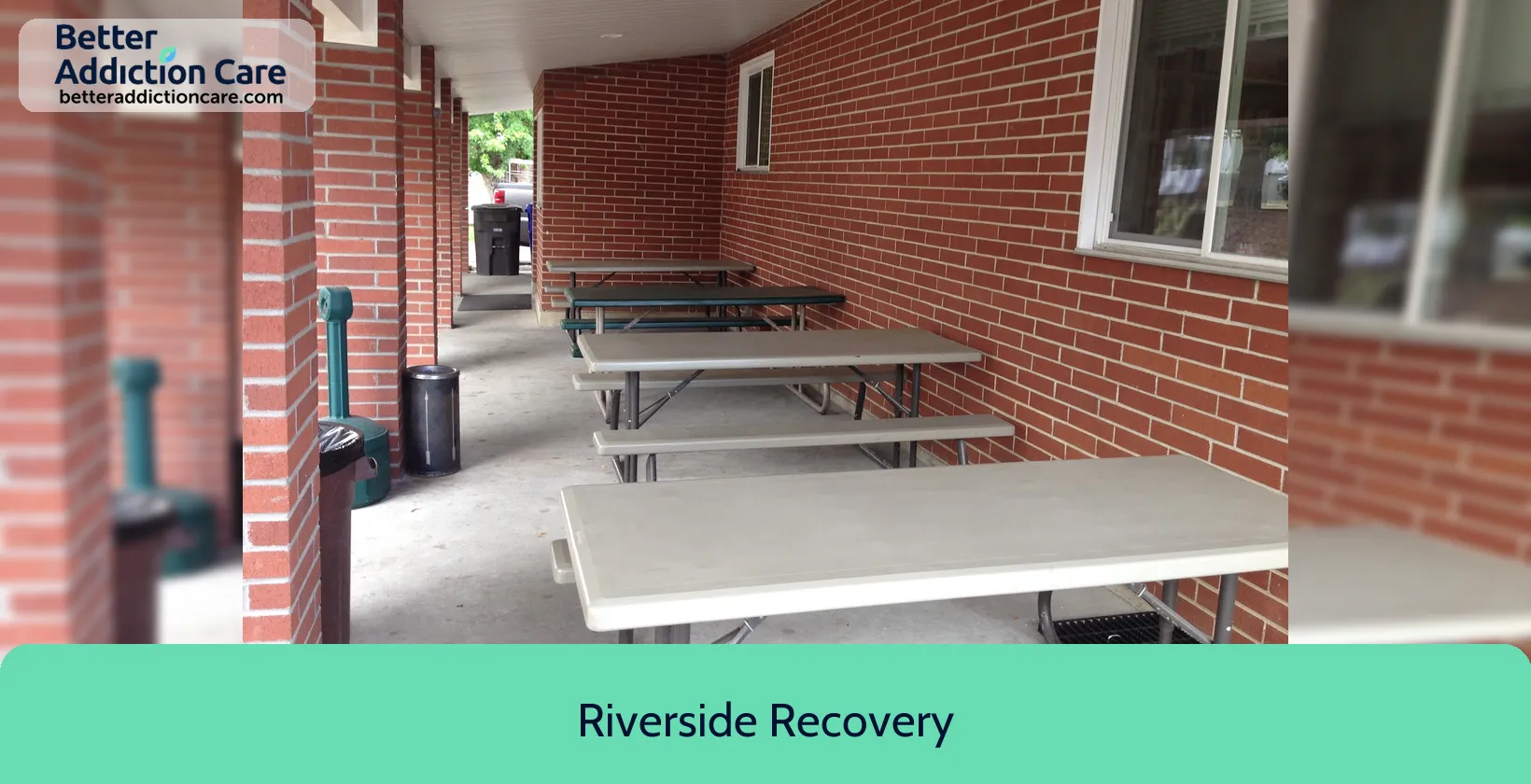
7.09

6.89
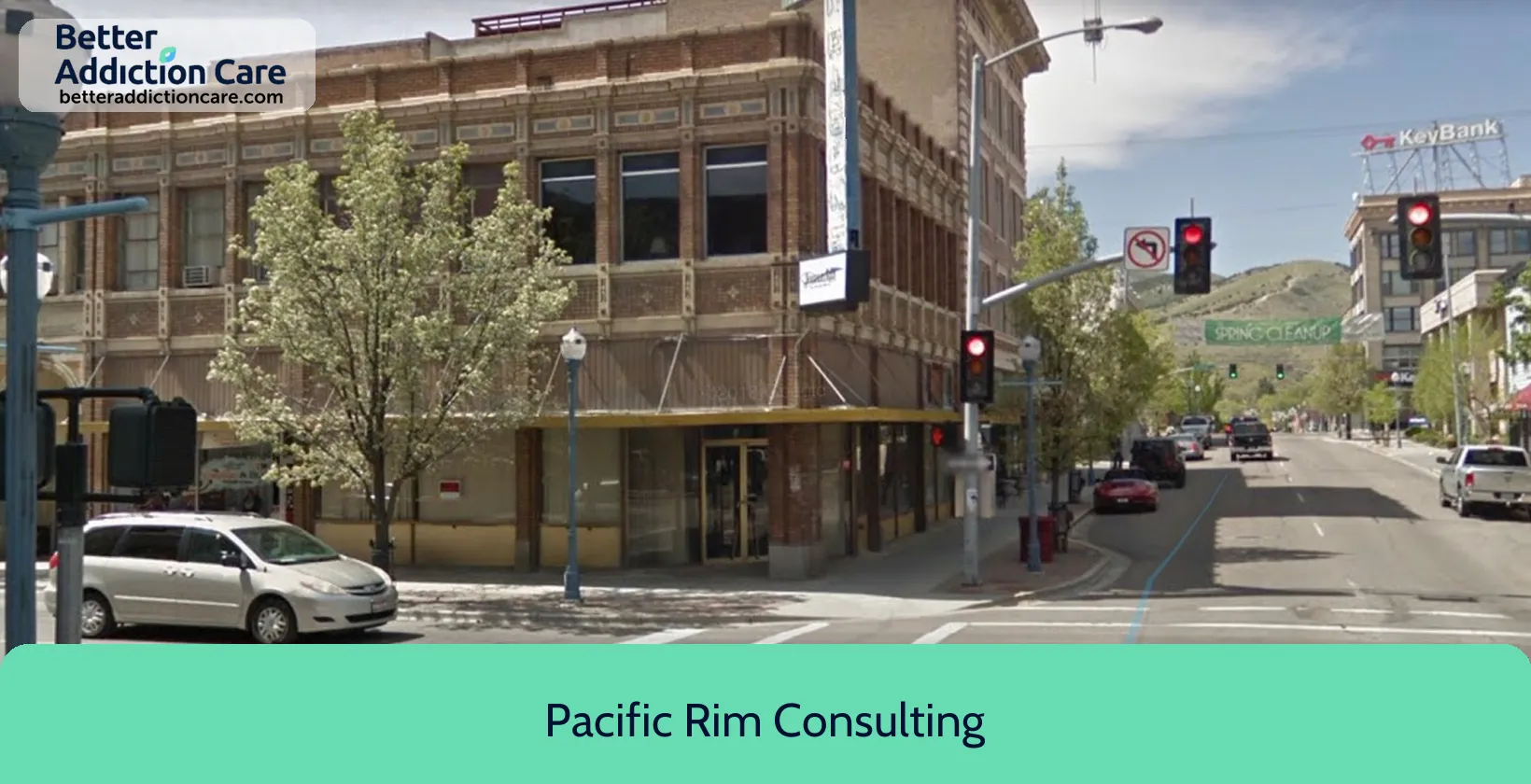
6.91

6.83
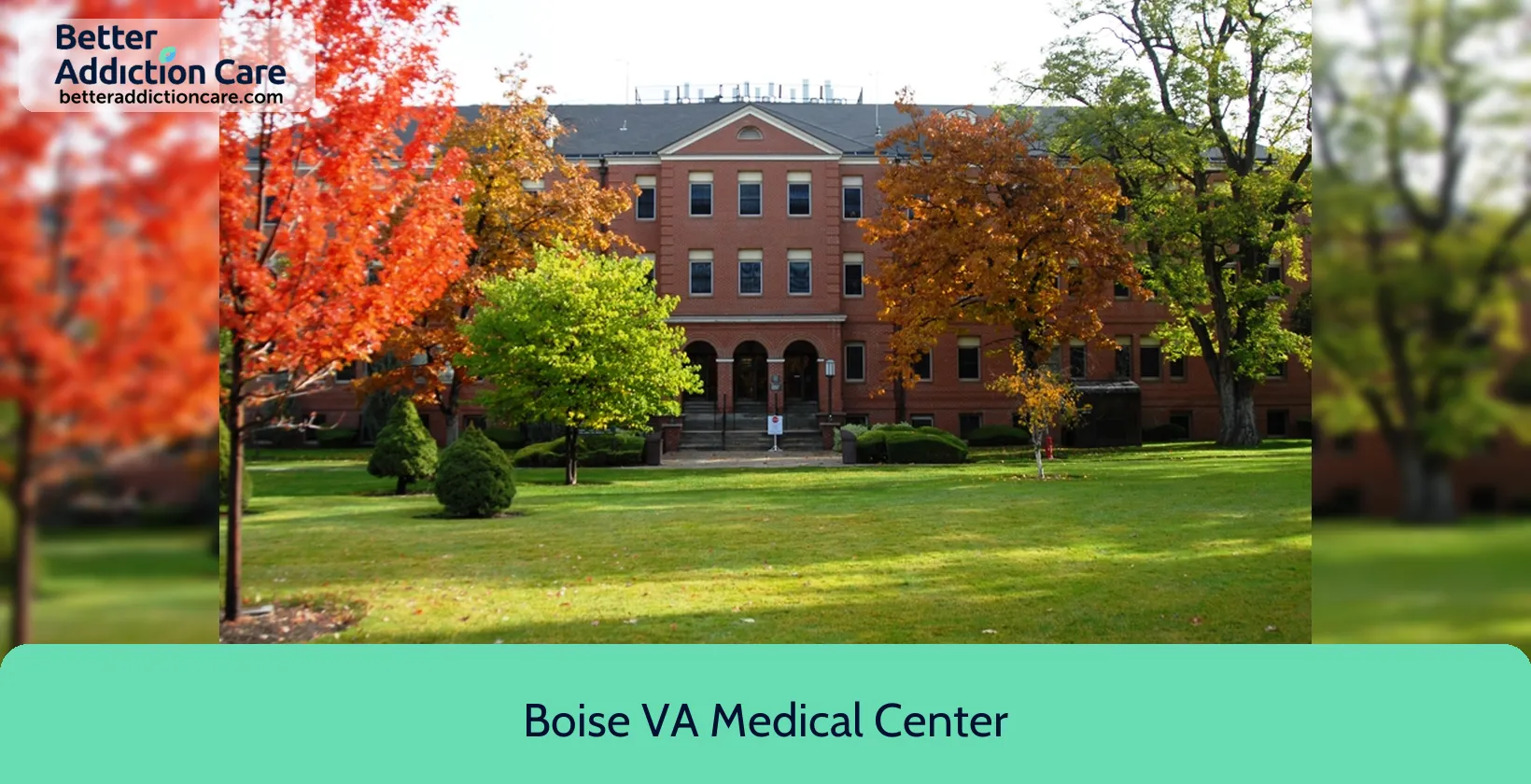
7.31
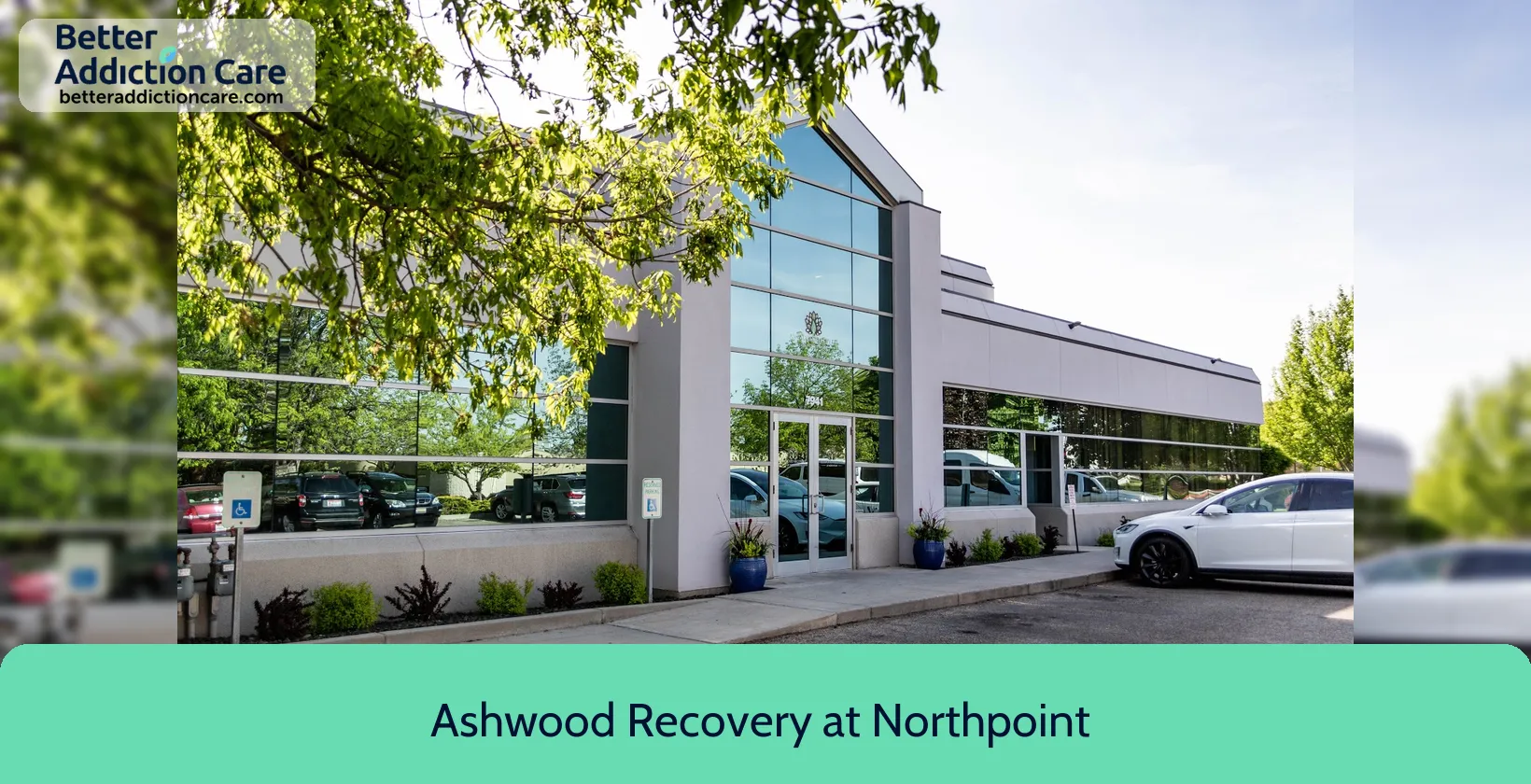
7.41
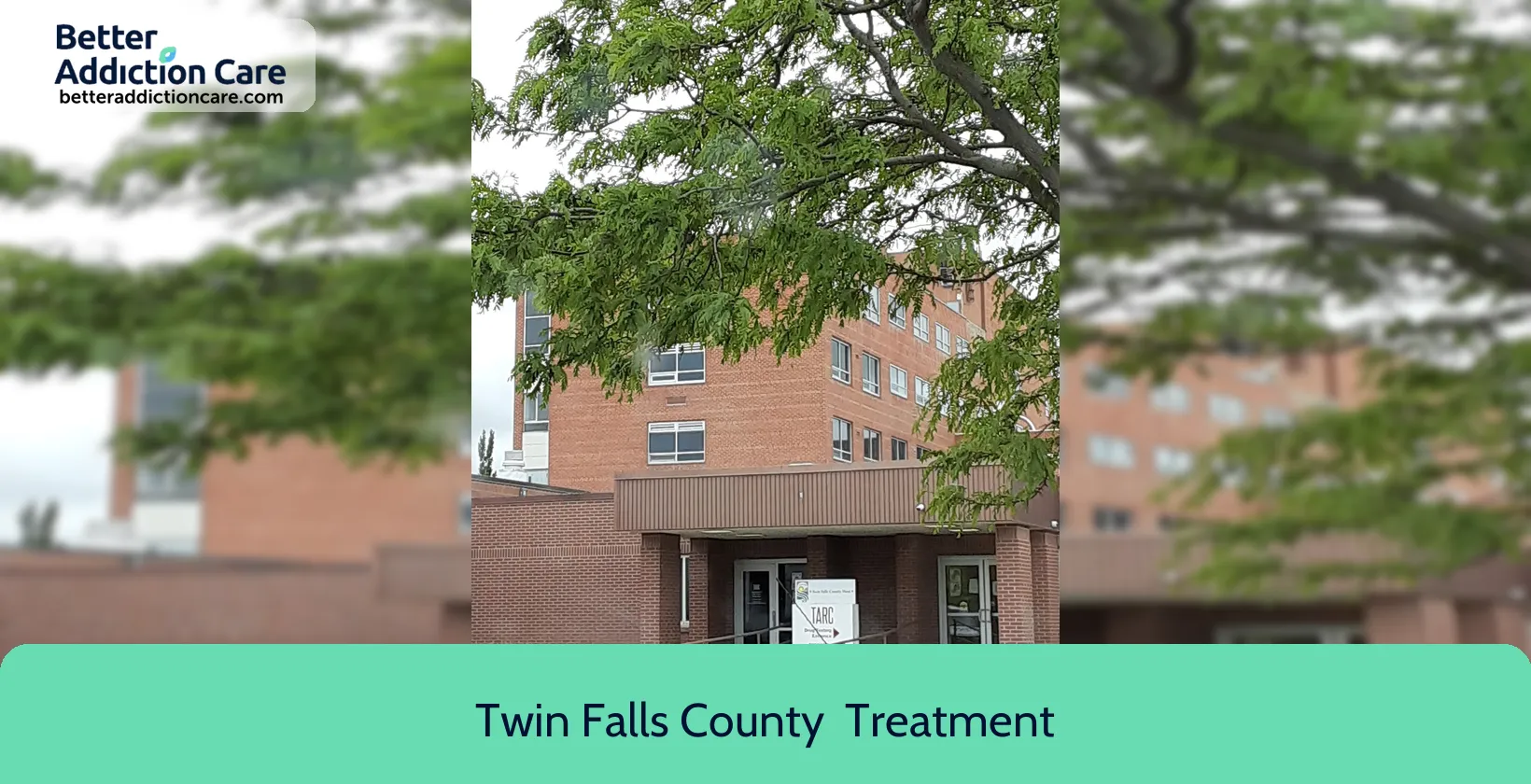
6.94

6.66
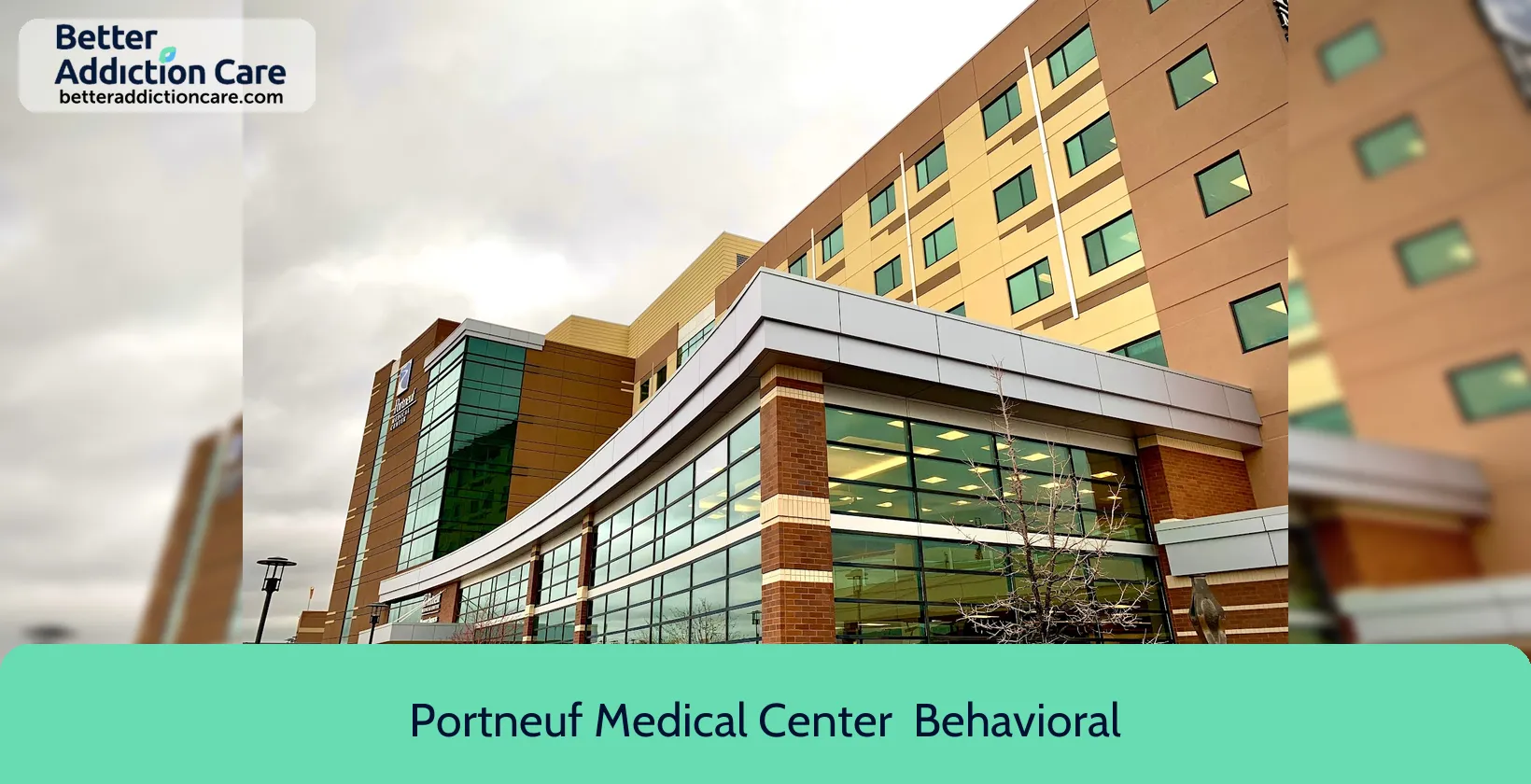
6.68
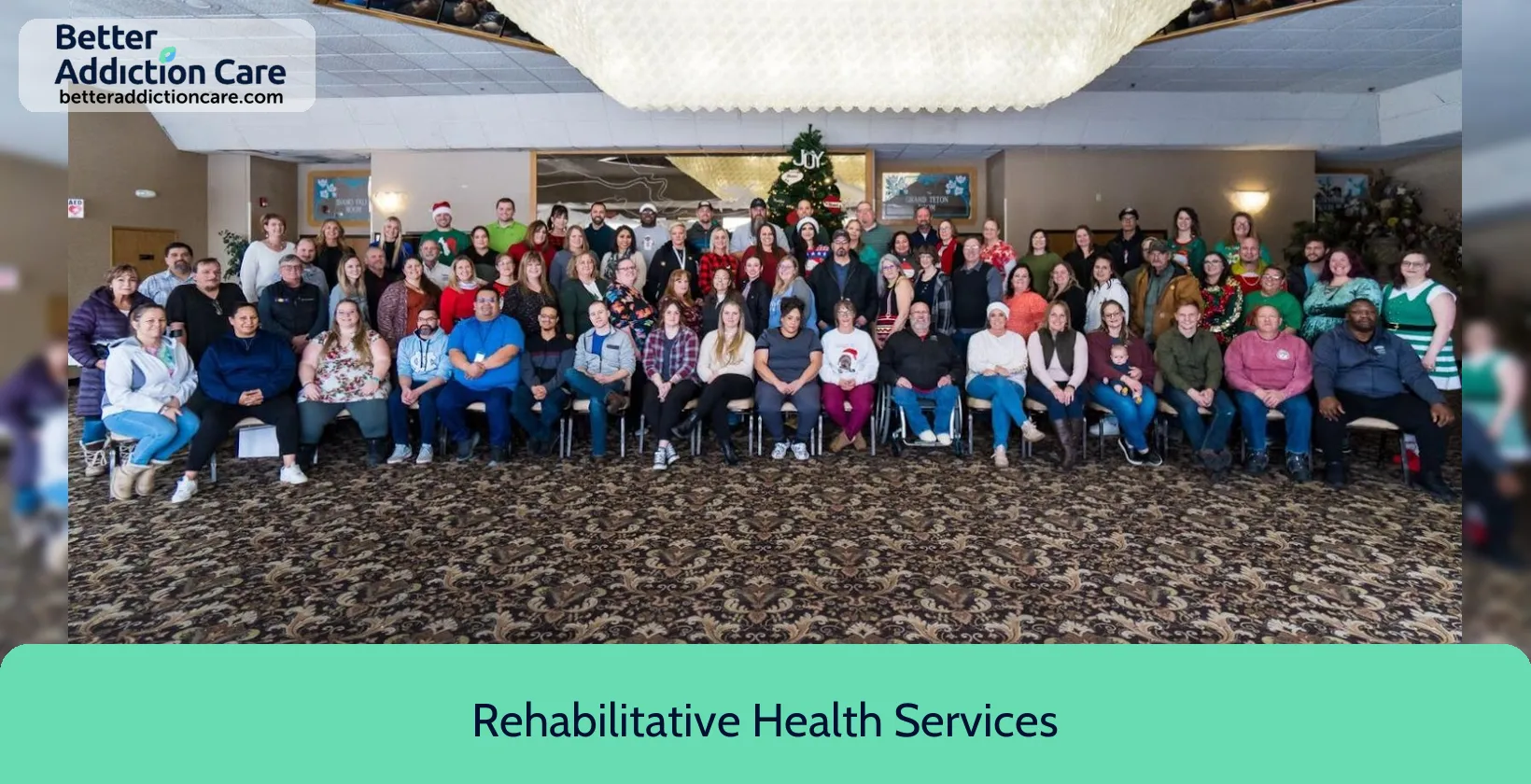
6.71
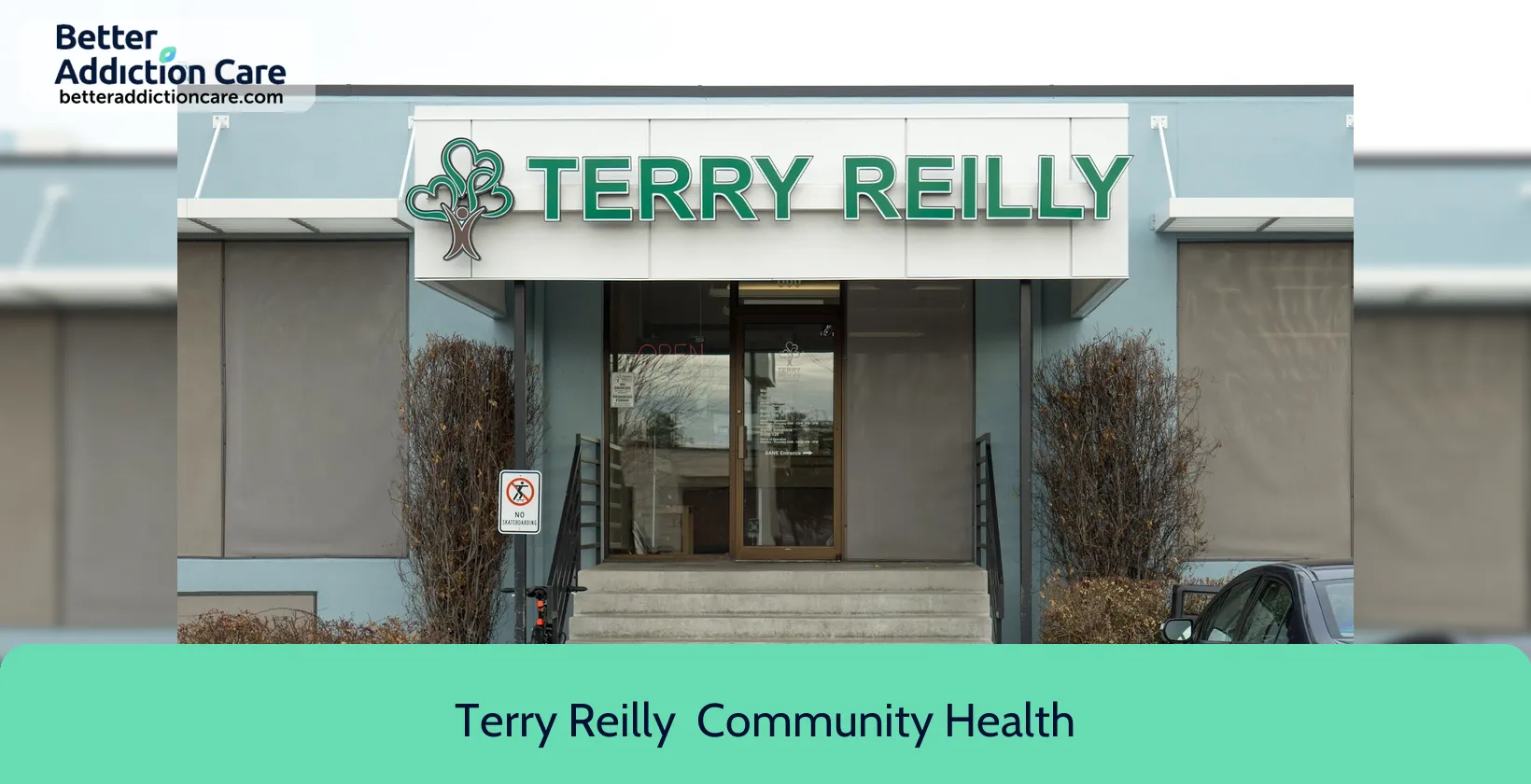
6.77
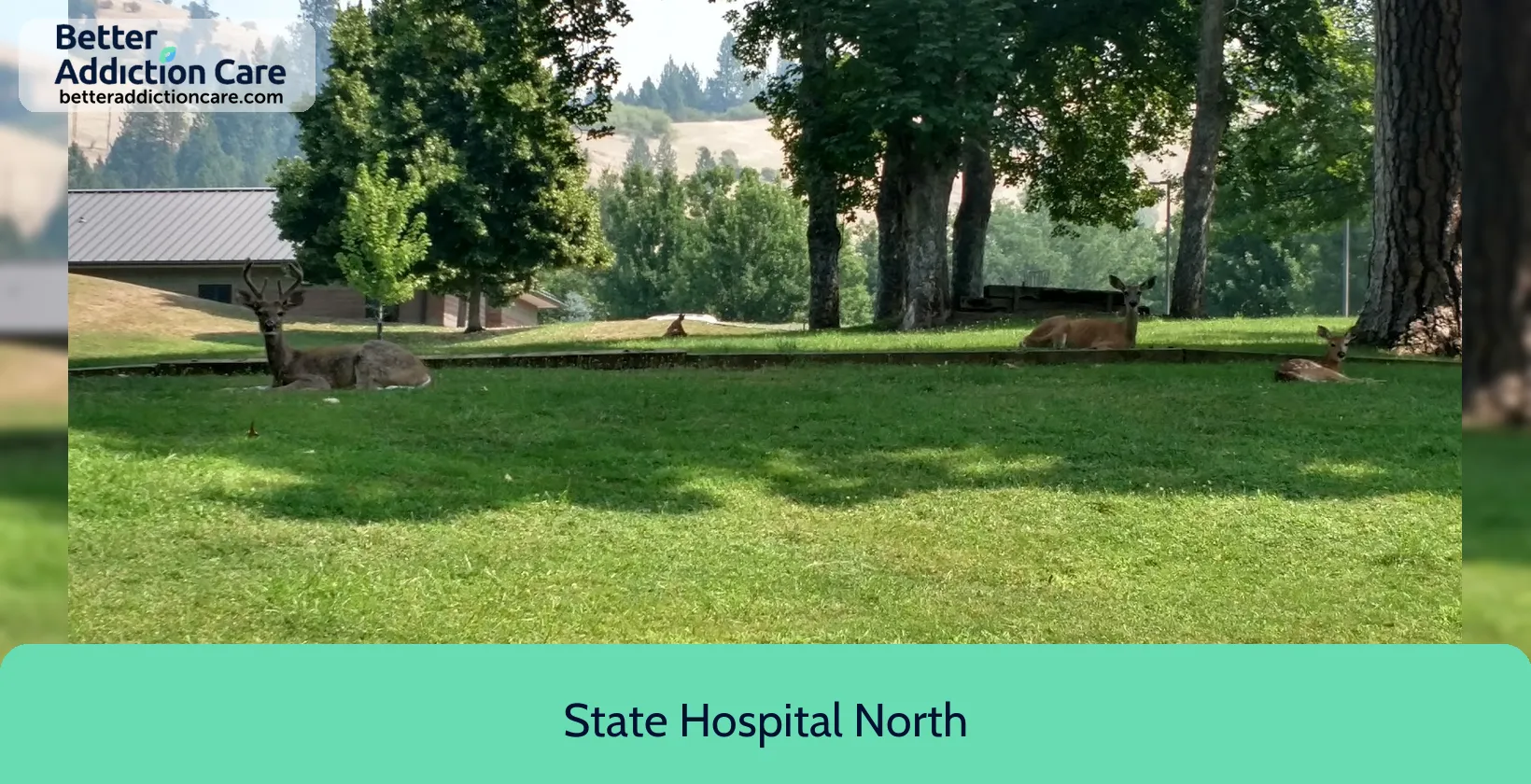
6.59
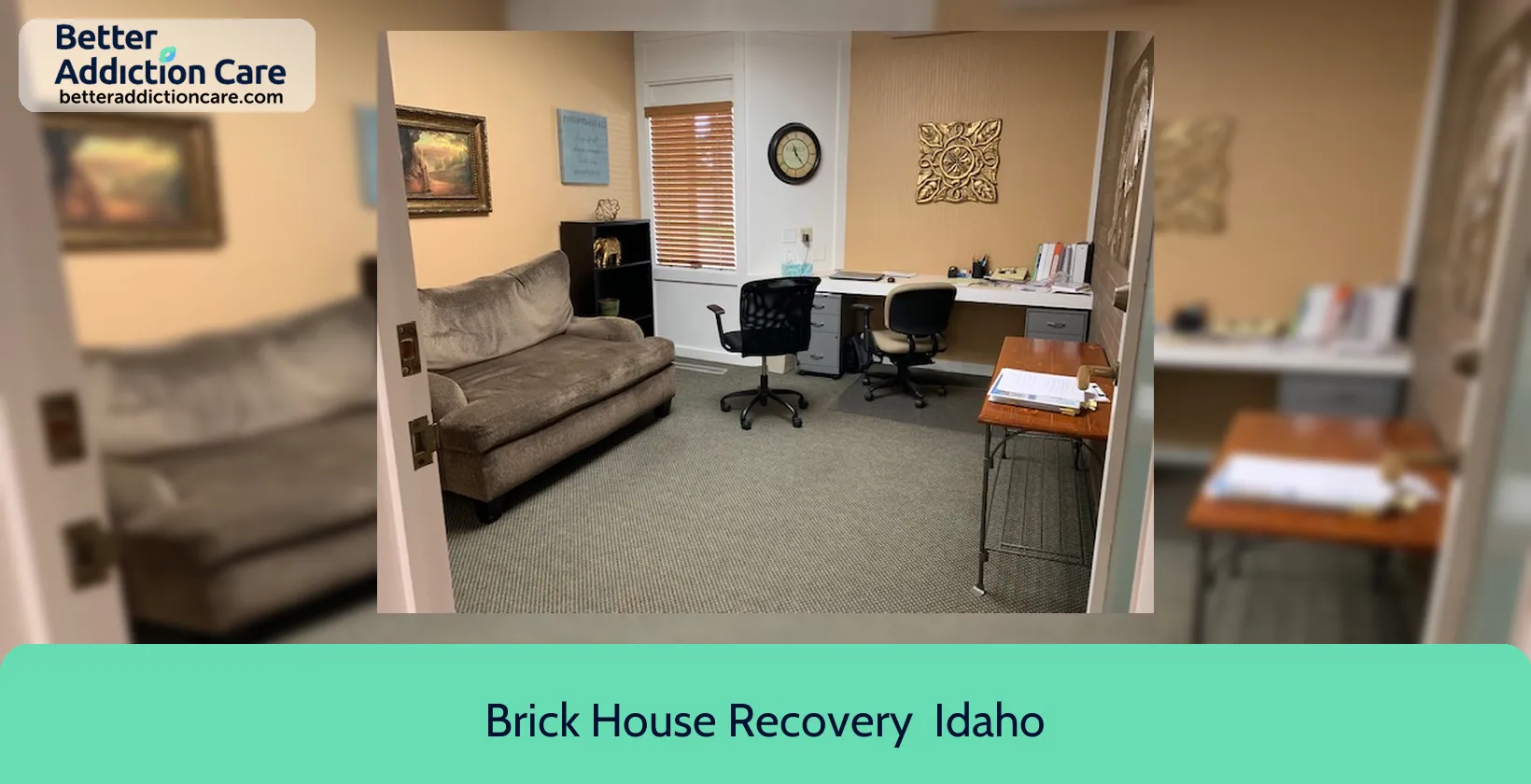
6.93
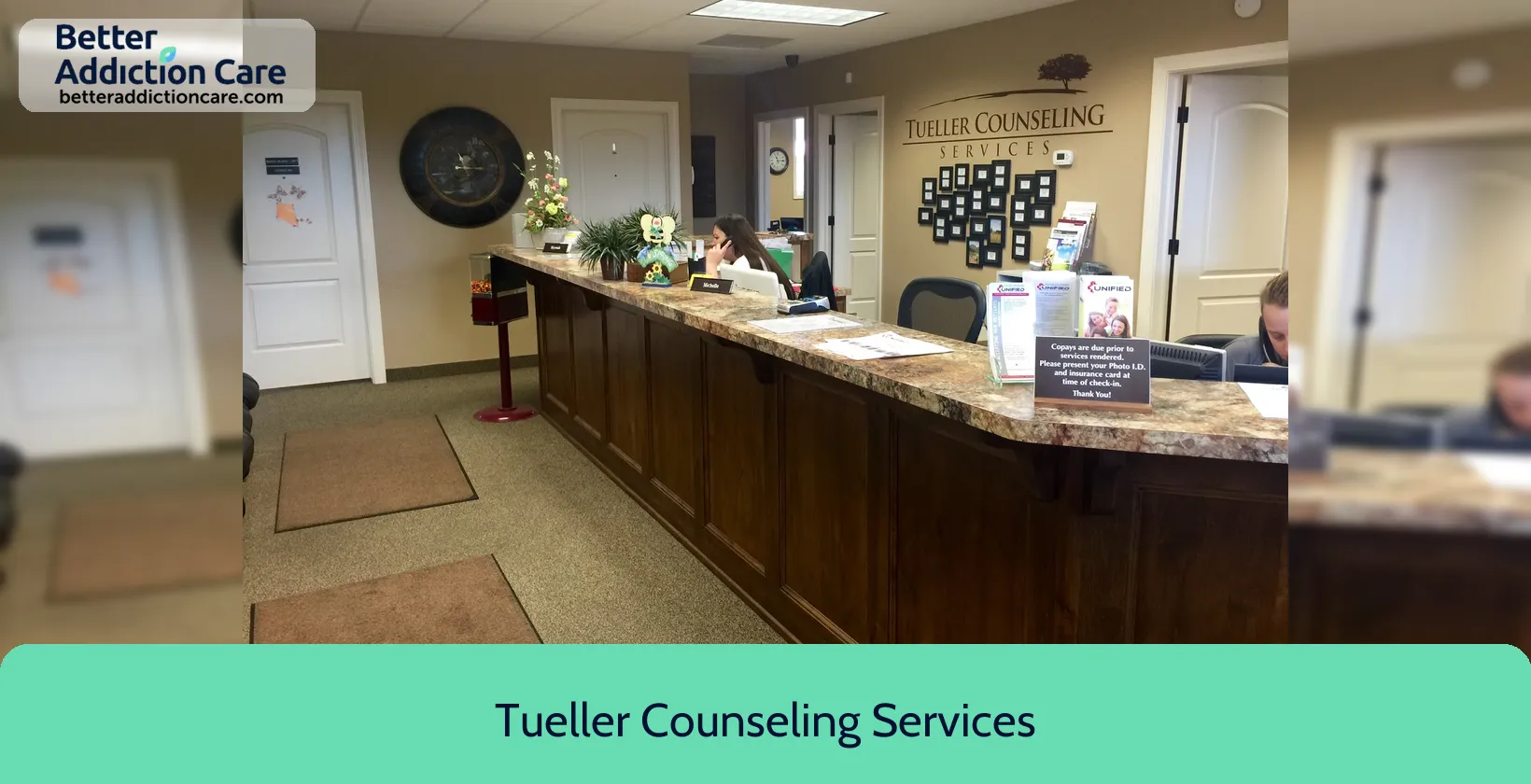
6.74
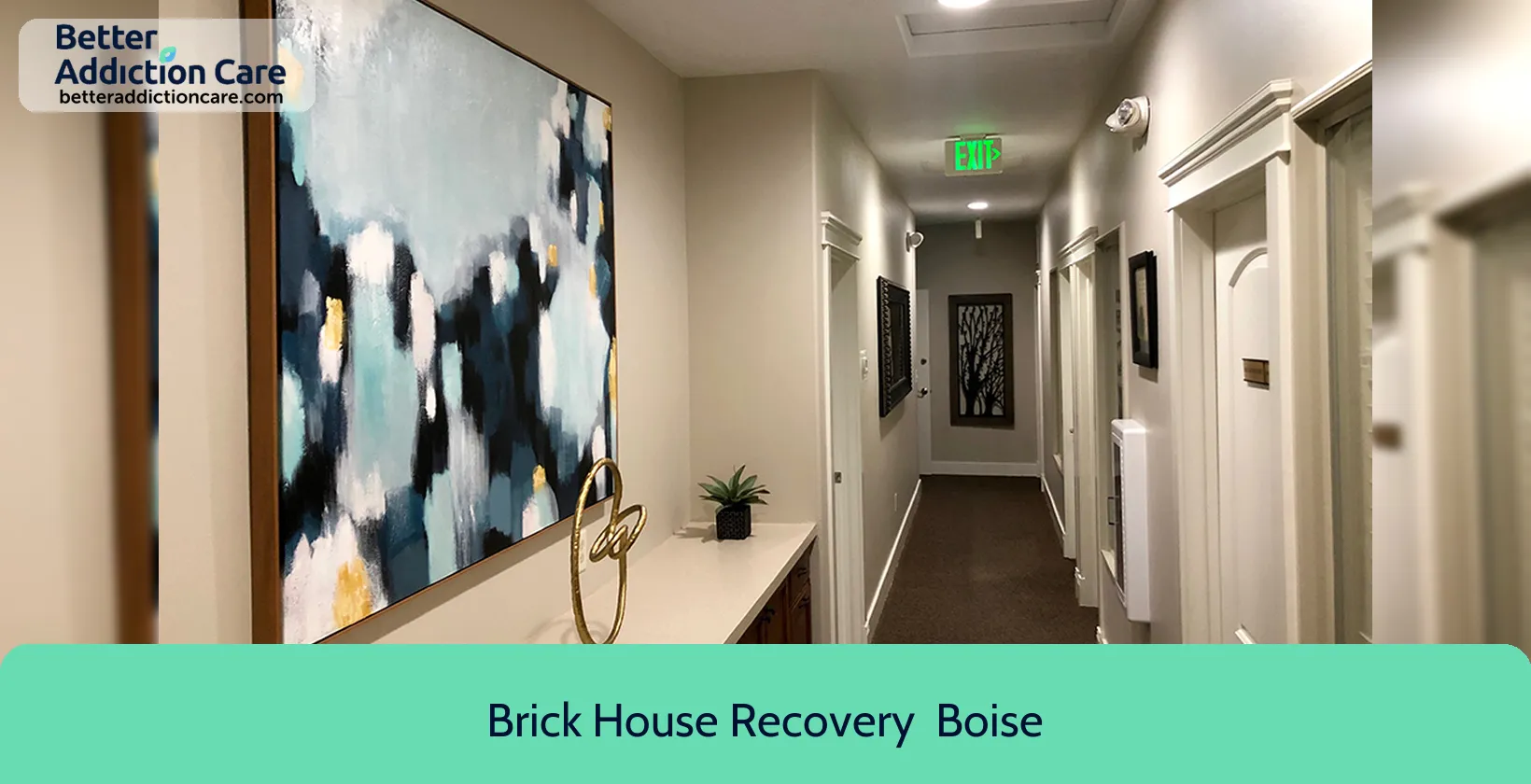
6.53
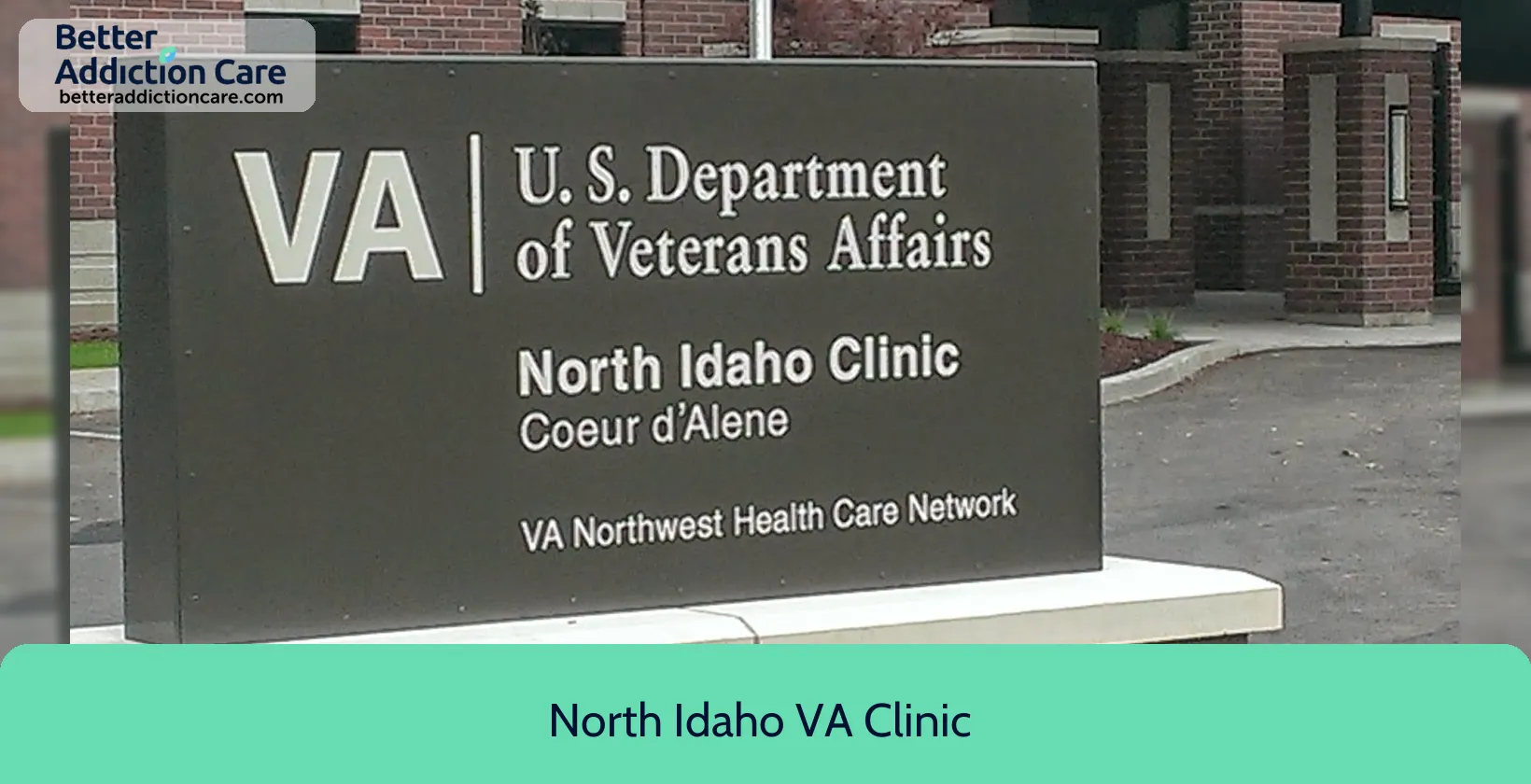
6.59
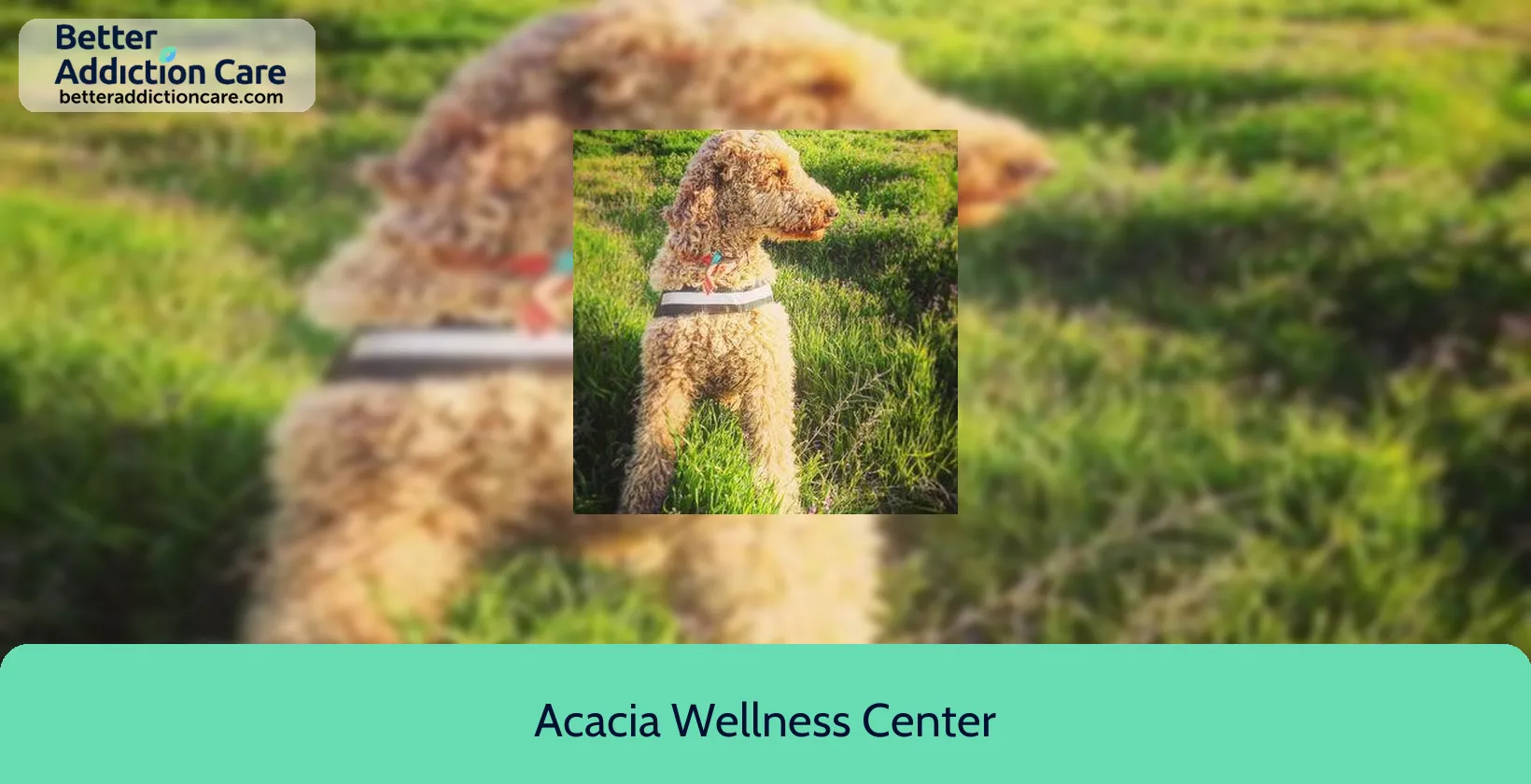
6.74
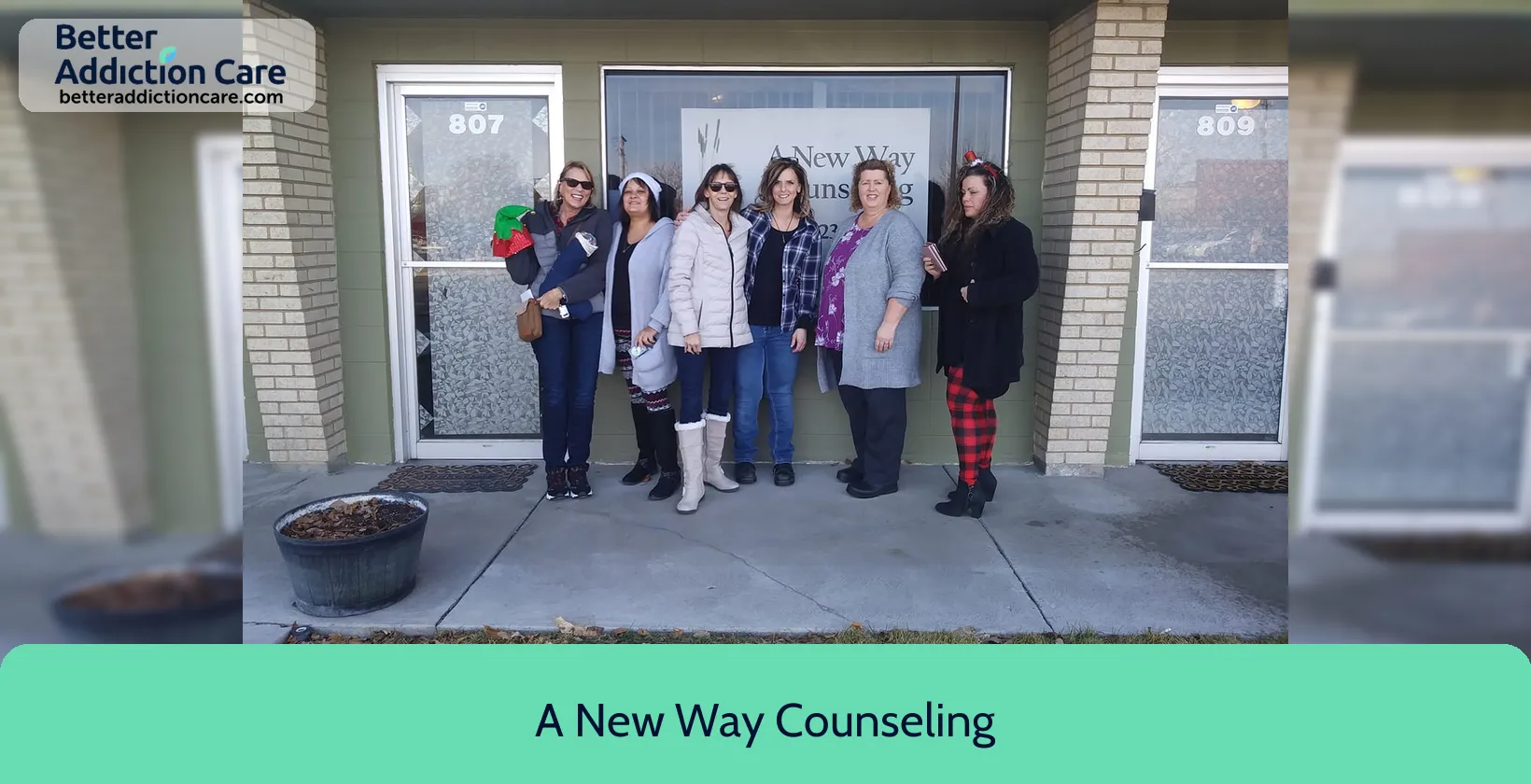
6.59
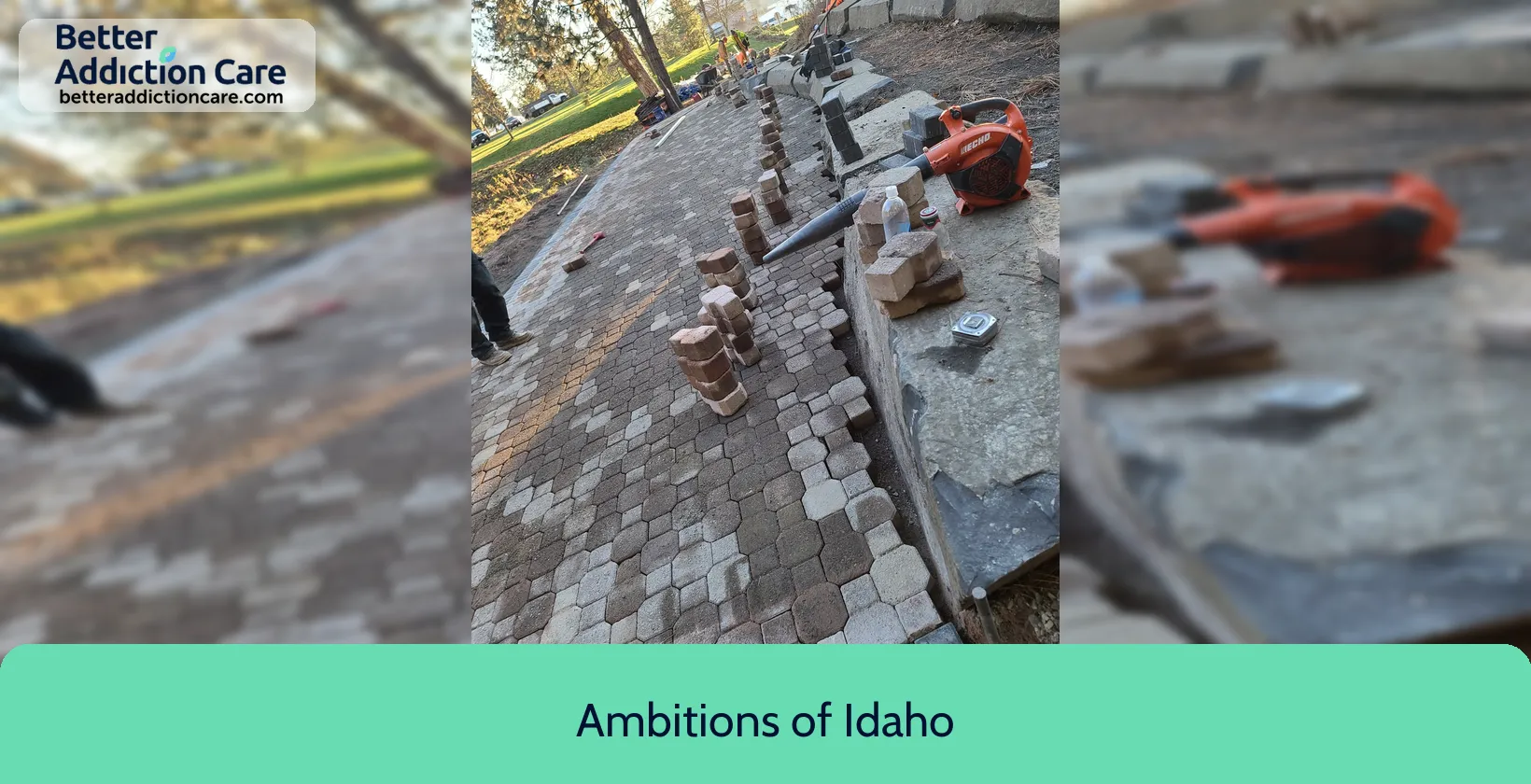
6.86
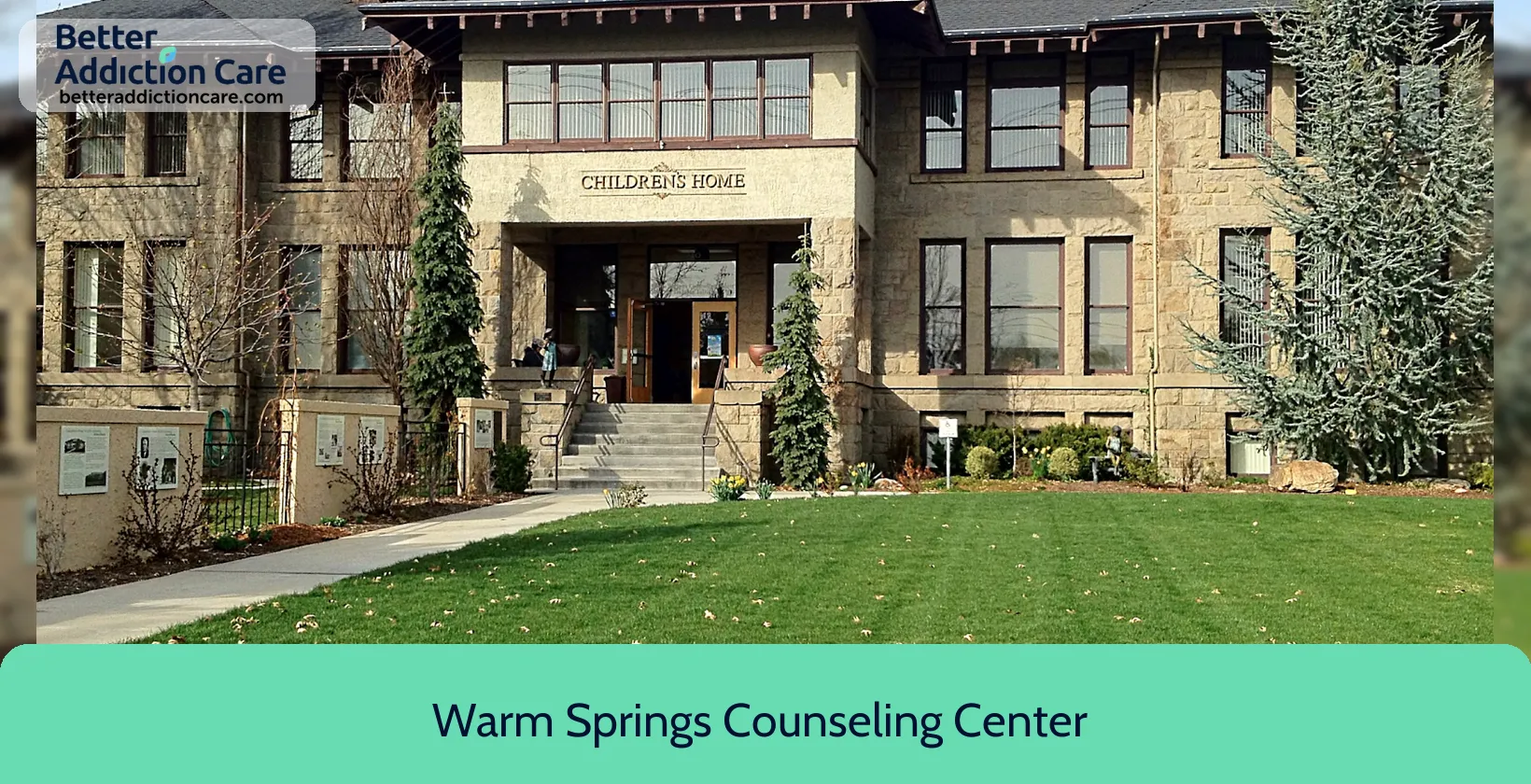
6.71
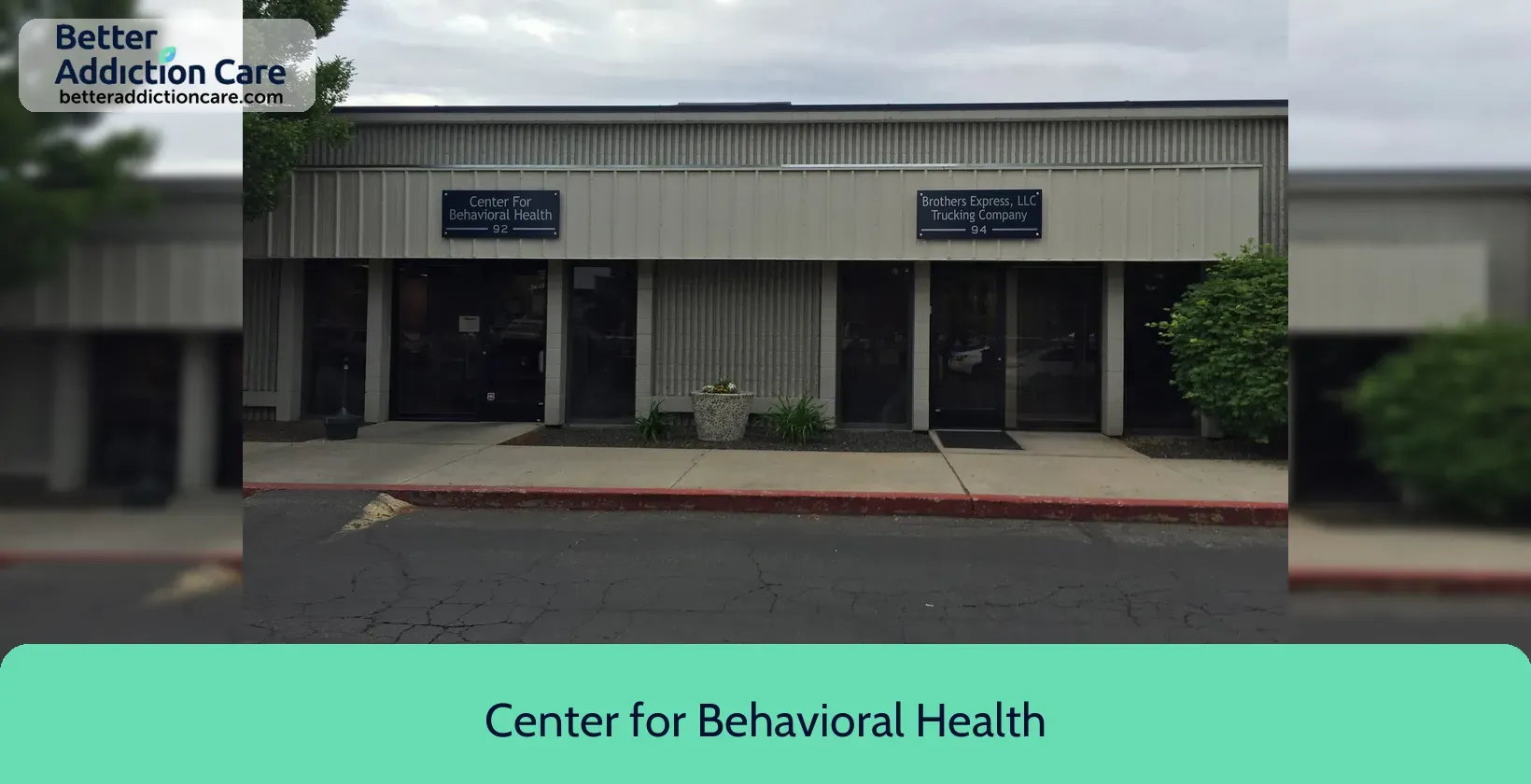
6.65

6.74

6.56
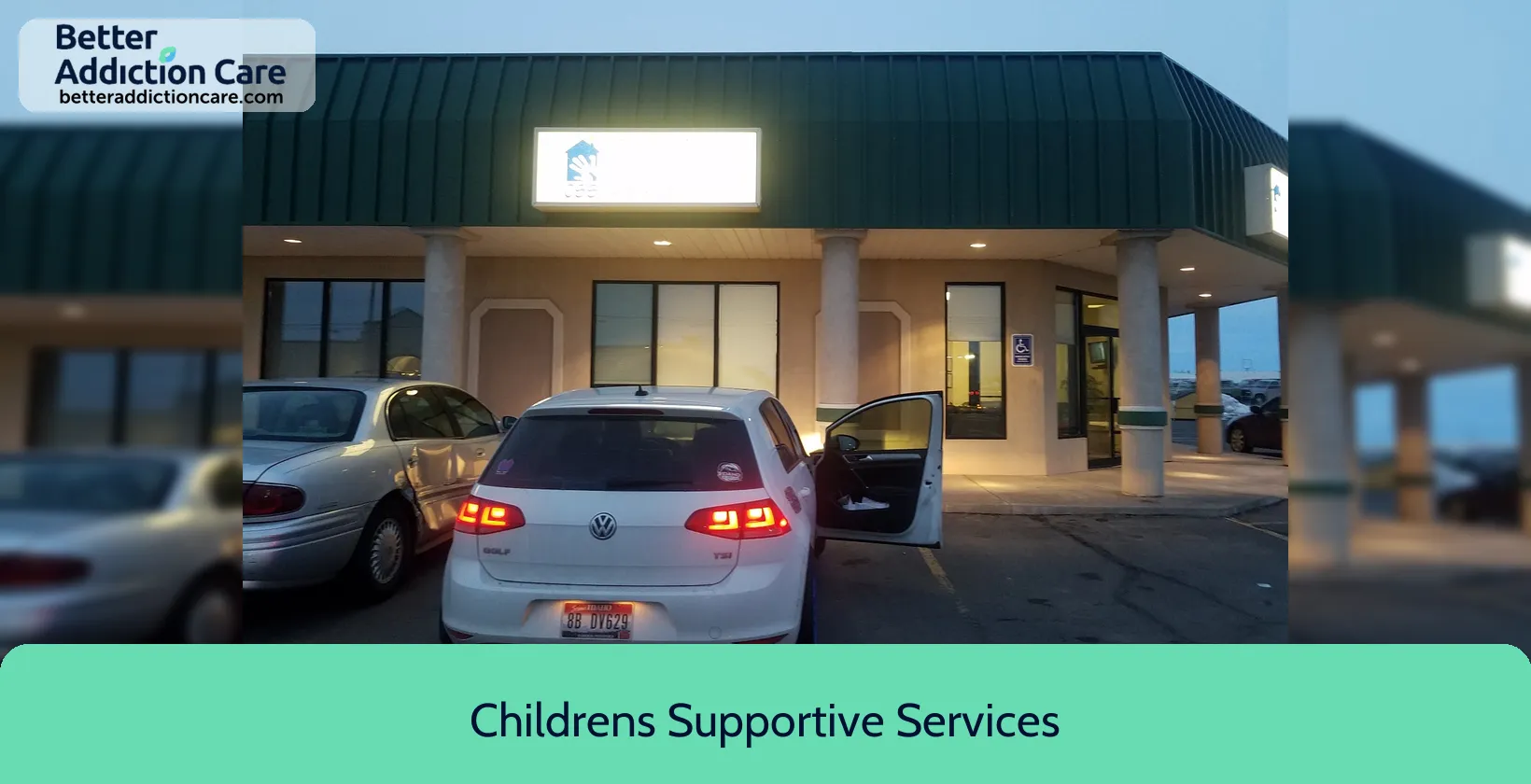
6.74
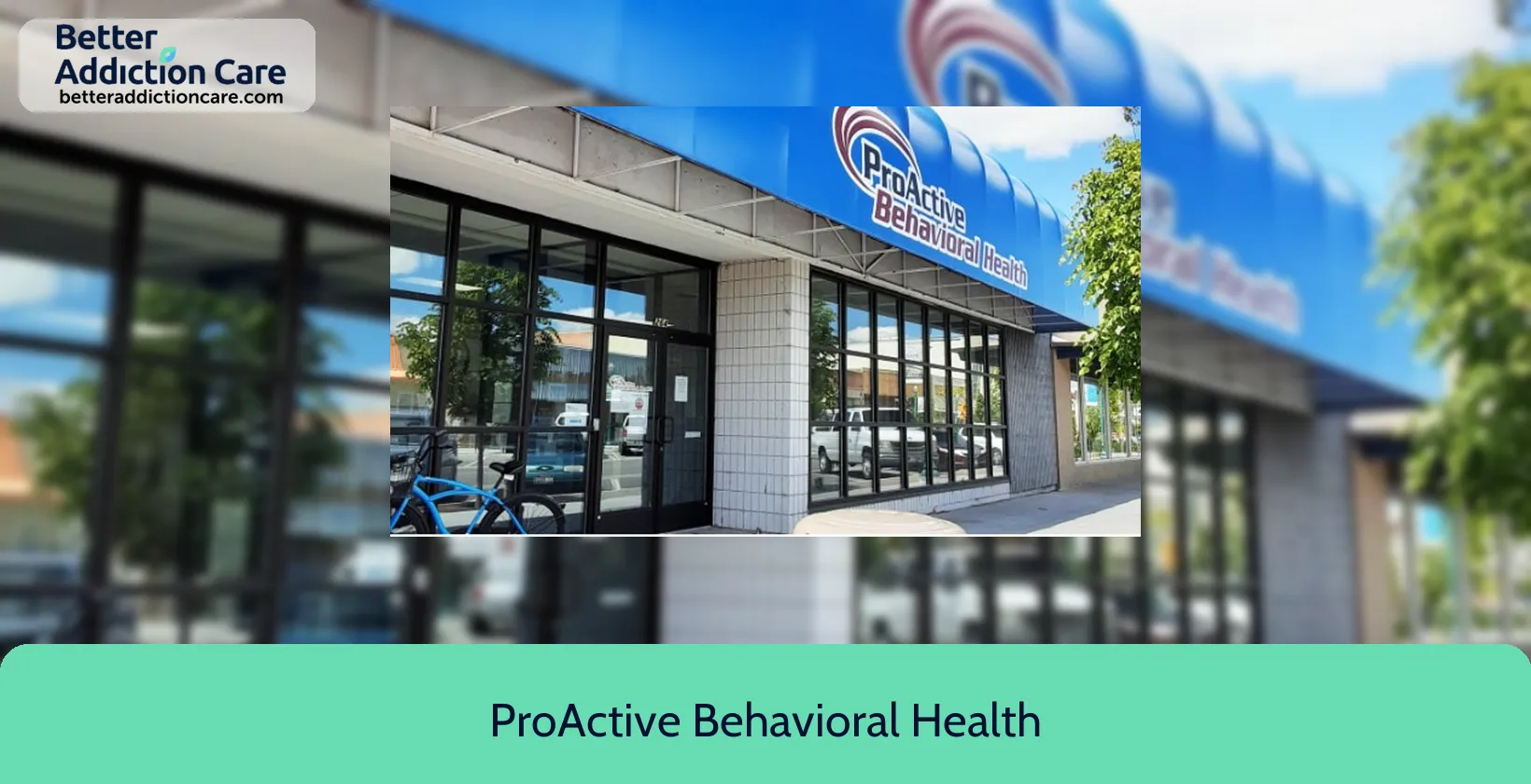
6.71

6.65
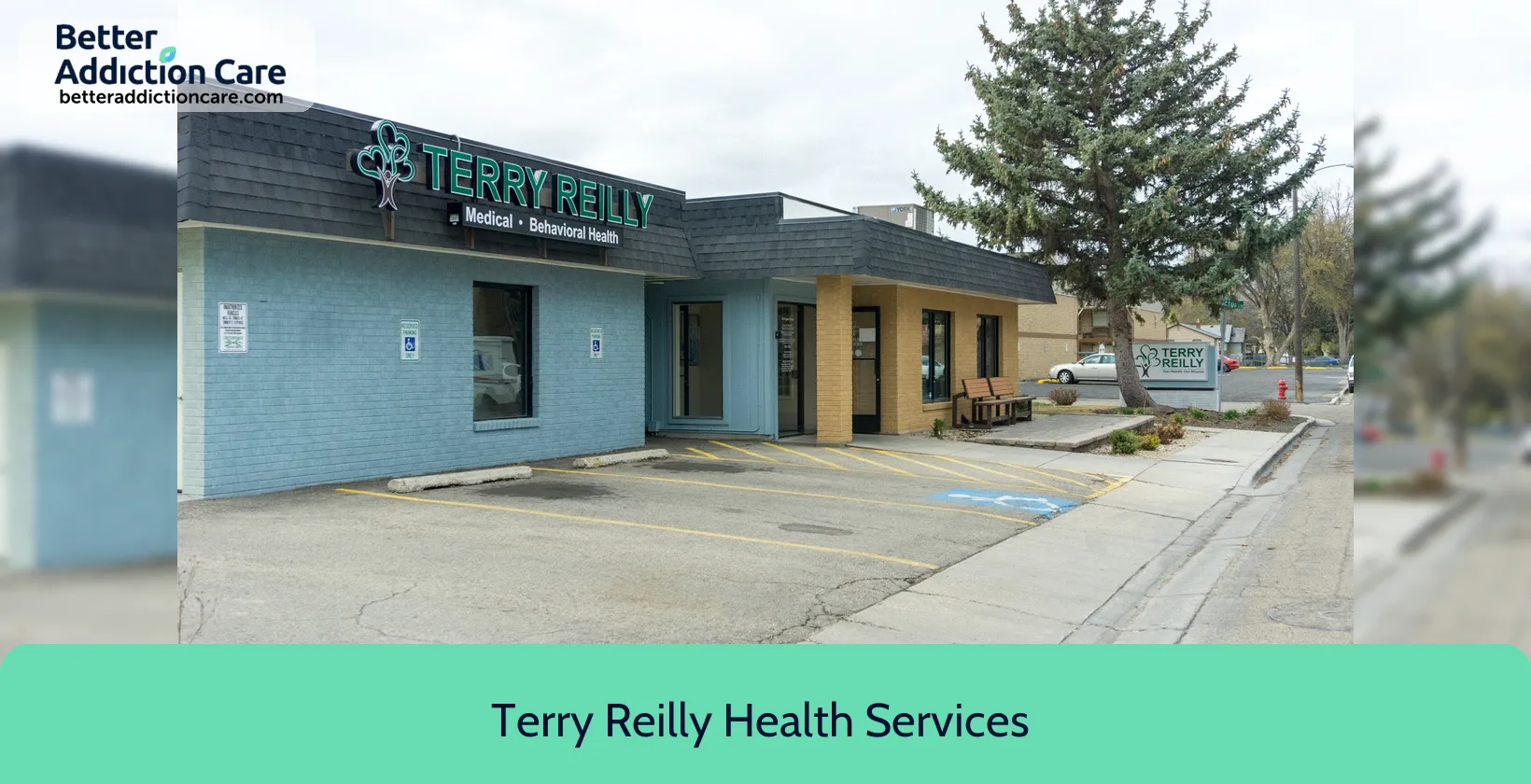
6.77
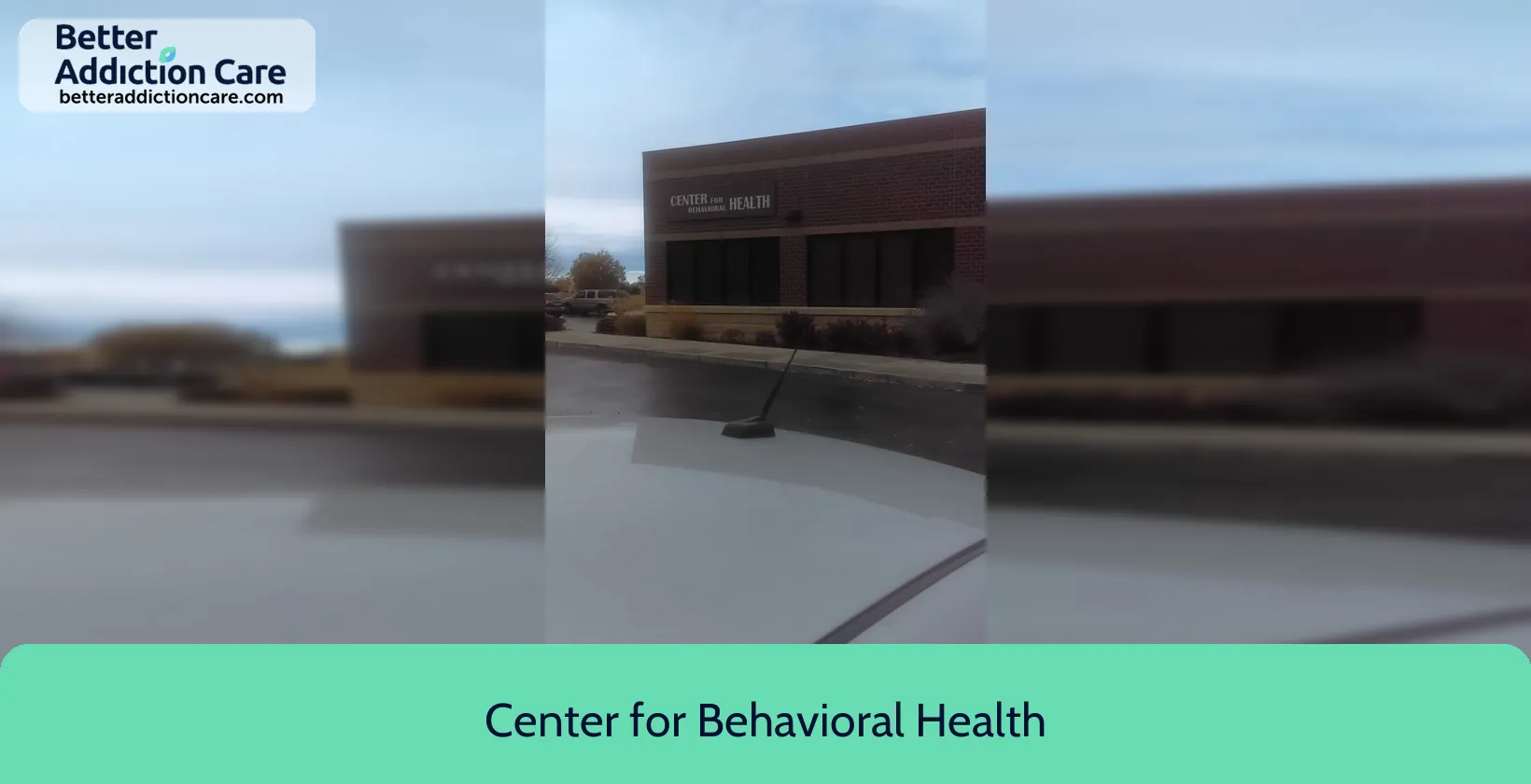
6.65
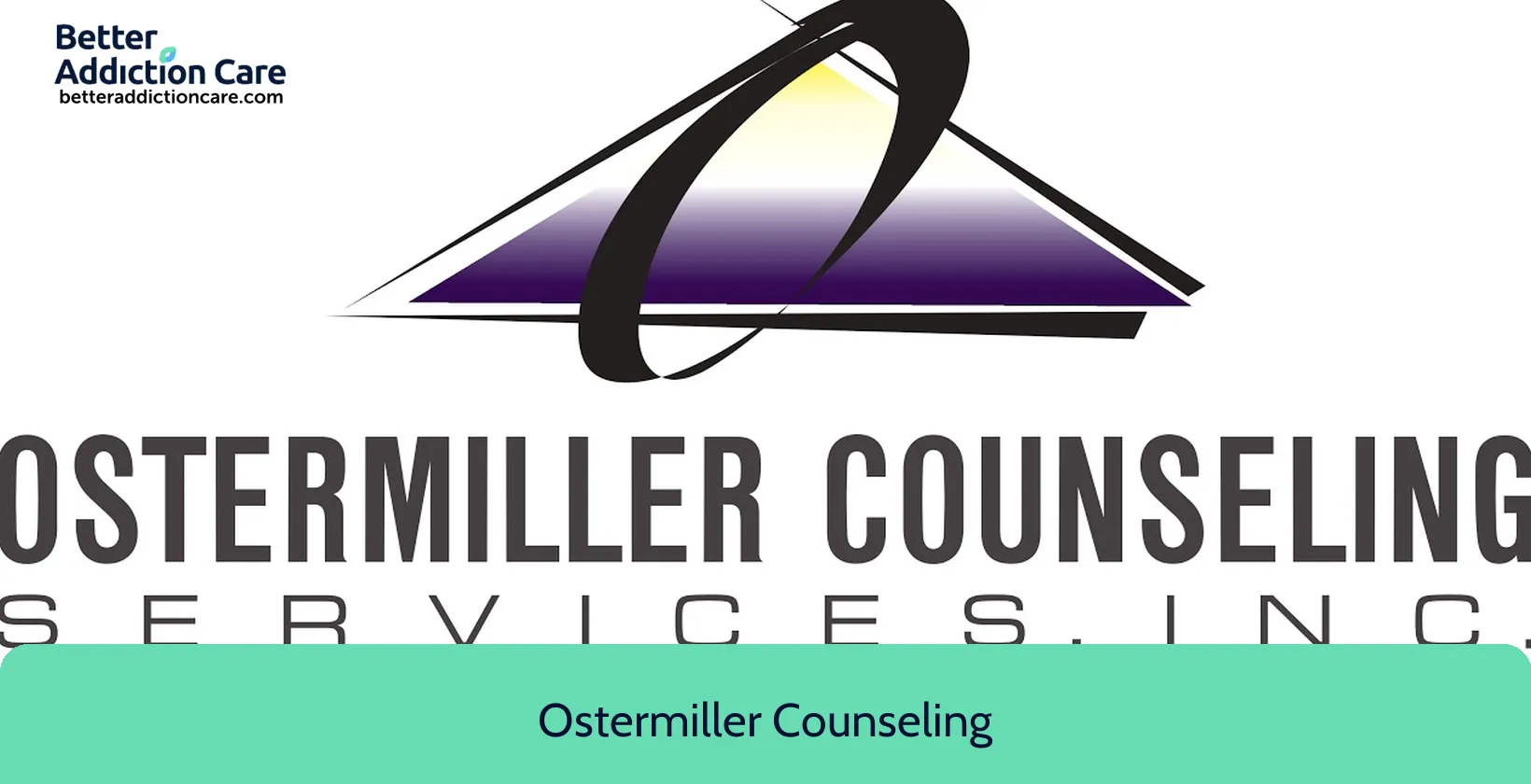
6.71

6.74
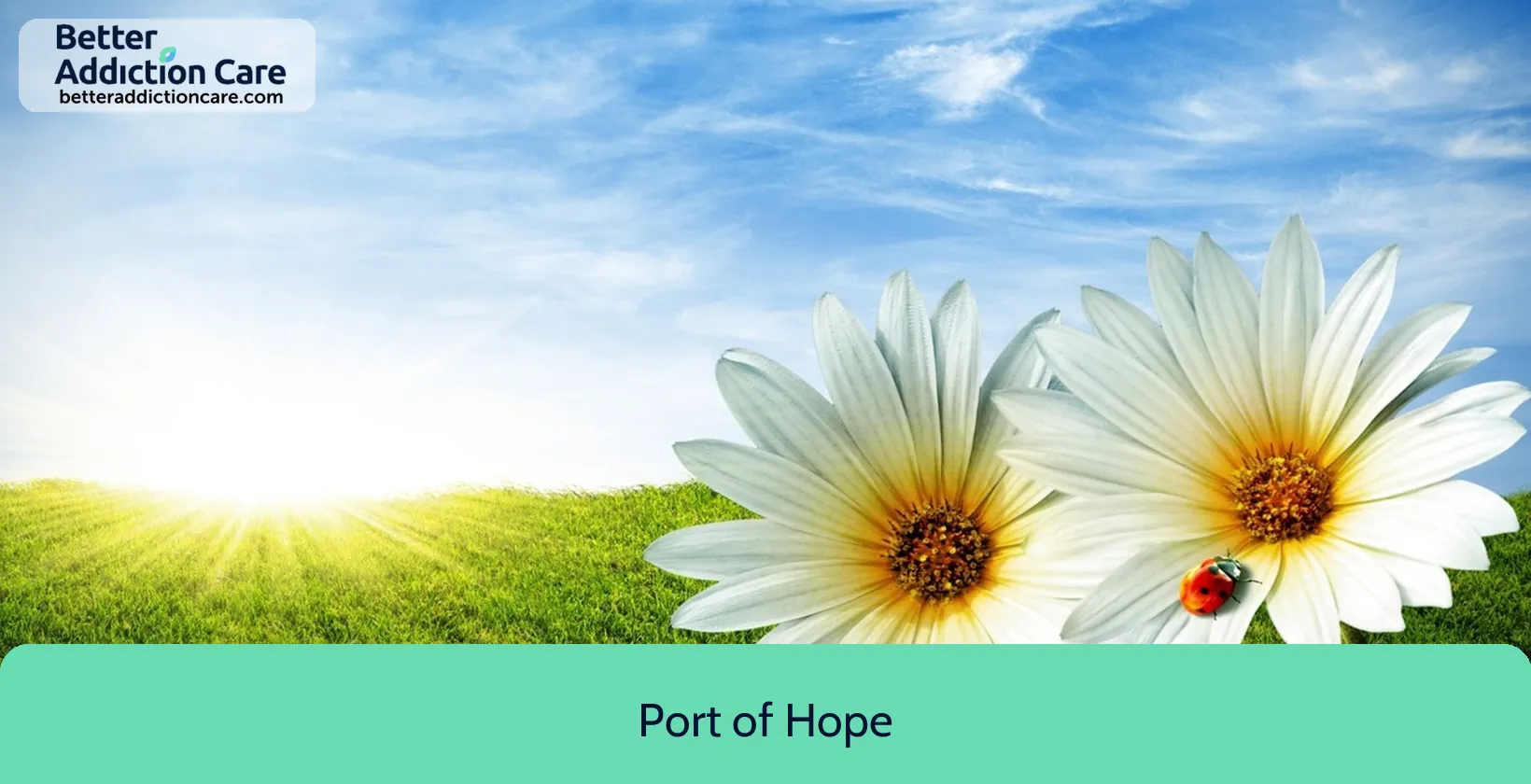
6.88

6.79

6.76

6.94

7.10

6.83

6.65

6.74

6.68

6.71

6.71

6.56

6.74

6.68

6.65

6.59

6.88

6.74

6.74

6.62
Substance abuse and Mental Health facilities Report for Idaho
4th
Cheapest To Most Expensive State Rank
147
Substance Abuse Facilities
5,634
Number of Patients Annually
5,452
Annual Enrollments
$9M
Spent on Outpatient Services (Million)
$1,695.00
Avg Outpatient Rehab Cost
123
Residential Admissions
$5M
Spent on Residential Treatment (Million)
$42,195.00
Residential Rehab Pay (Up To)
59
Total Patients
2
Free Drug Rehab Facilities
Alcoholism, Drug Abuse, Mental Health, and Treatment in Idaho
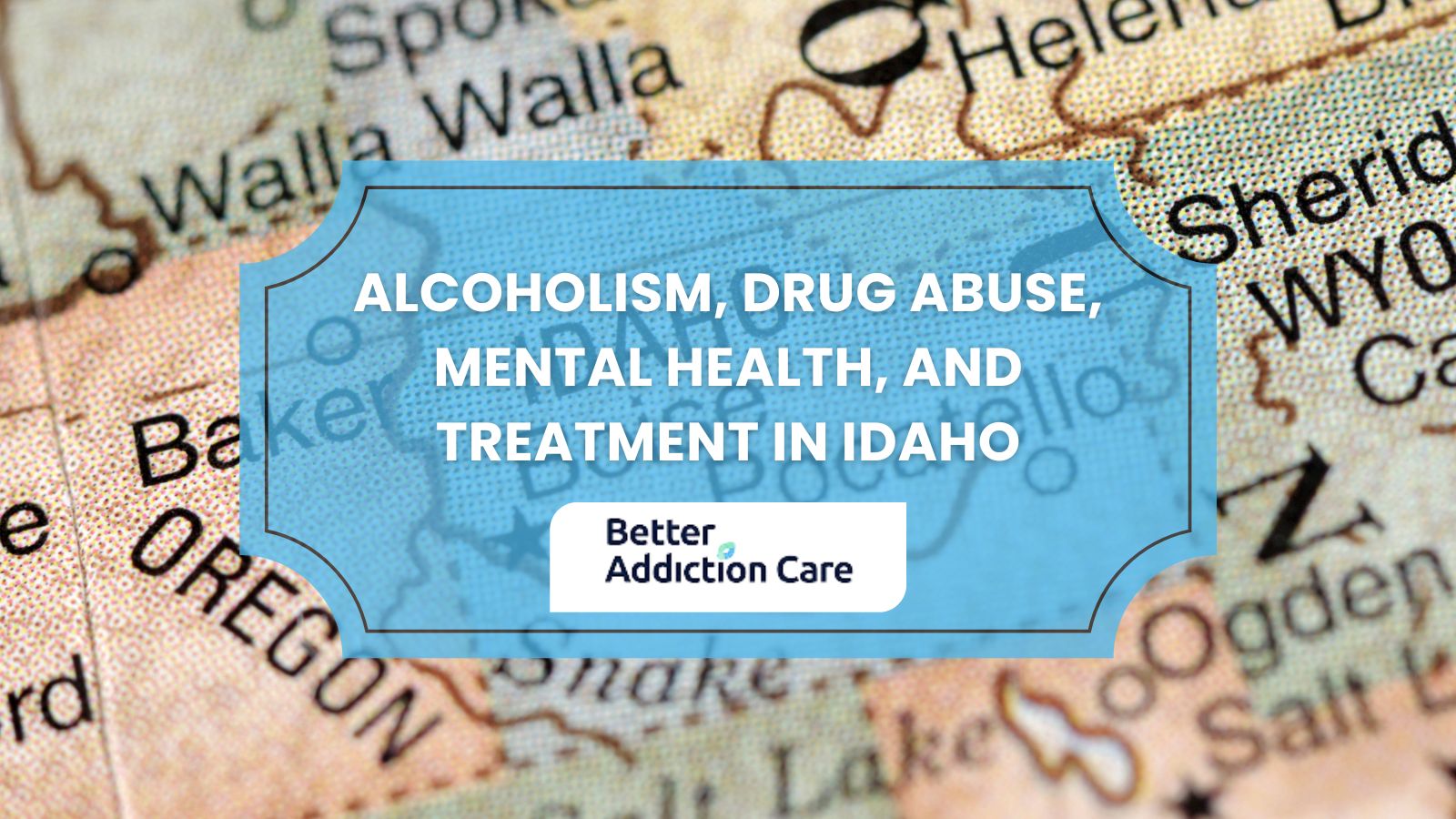
What are the main addictions people in Idaho suffer from?
The main addictions people in Idaho suffer from include:
- Alcohol Addiction: 152,000 individuals aged 12 or older experienced alcohol addiction in 2024, representing 10.02% of this age group. 136,000 (89%) males and 119,000 (78%) females affected from alcohol addiction.
- Illicit Drug Addiction: 102,000 individuals aged 12 or older had an illicit drug addiction in 2024, accounting for 6.75% of this demographic. 90,000 (88%) males and 70,000 (68%) females use illicit drugs.
- Prescription Pain Reliever Addiction: 14,000 individuals aged 12 or older suffered from this disorder in 2024, which is 0.92% of the population in this age range. 9,000 (64%) males and 5,000 (35%) females affected from Prescription Pain relievers.
- Marijuana Addiction: 247,908 which is 15.99% of individuals aged 12 or older reported past-year marijuana use in 2024. 109,000 males representing 43.9% and 19,800 females representing 79% have Marijuana addiction.
- Methamphetamine Addiction: 24,806 which is 1.66% of individuals aged 12 or older reported past-year methamphetamine use in 2024. 10,900 (43%) males and 9,800 (39.5%) females affected from methamphetamine addiction.
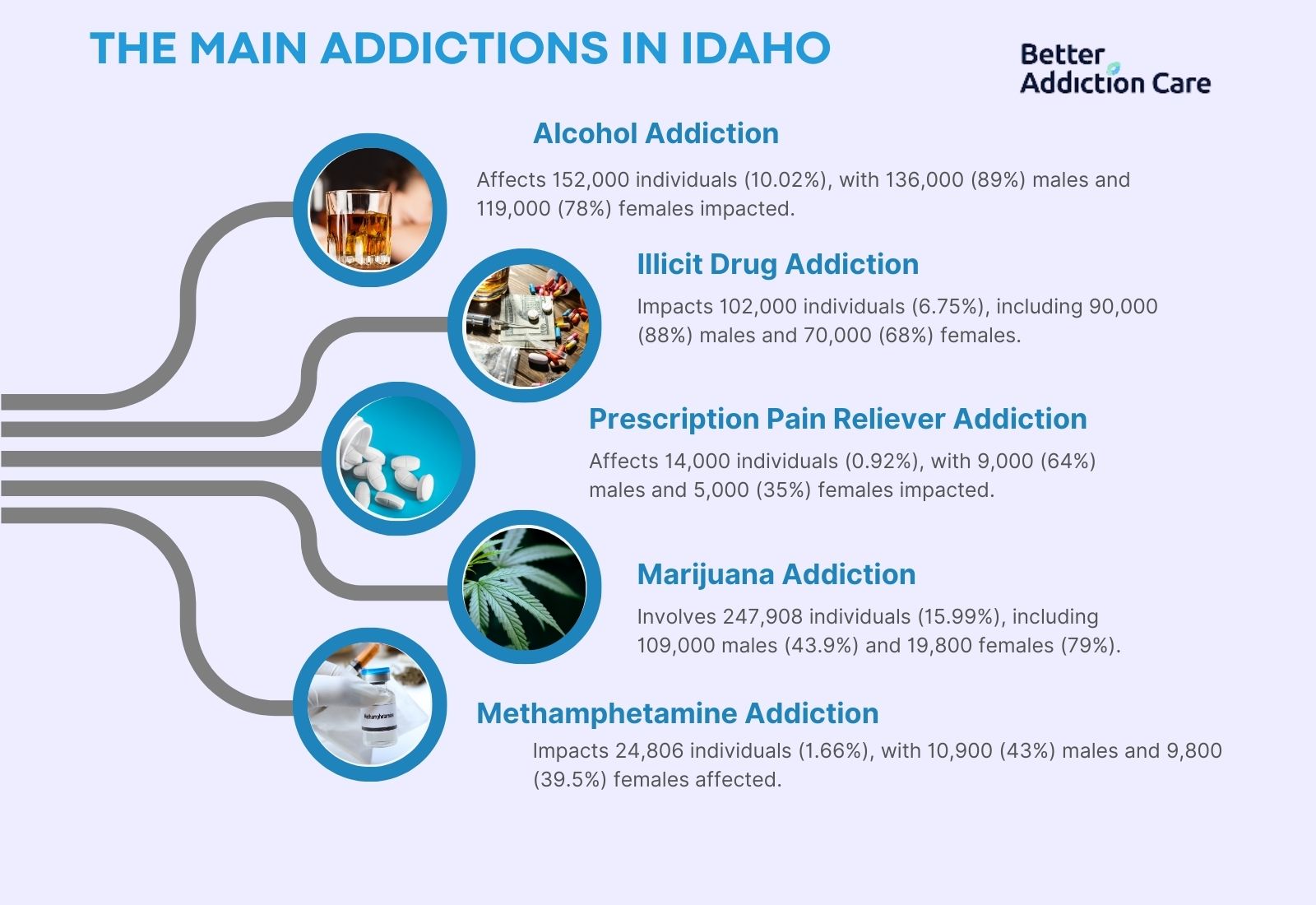
What is the cost of rehab centers in Idaho?
The cost of rehab centers in Idaho is $42,195 that equates to 60%. Inpatient rehab averages $37,234, which is $4,961 less than the general average, reflecting an 11.8% decrease. Outpatient rehab is the least expensive option, with an average cost of $6,187, significantly lower than the general average by $36,008, or 85.3%.
The cost of rehab centers in Idaho vary significantly based on factors such as the type of addiction and the specific treatment required. For example, medical detoxification is the most expensive form of treatment, averaging $104,026. This is $61,831 higher than the general average, representing an increase of 146.5%.
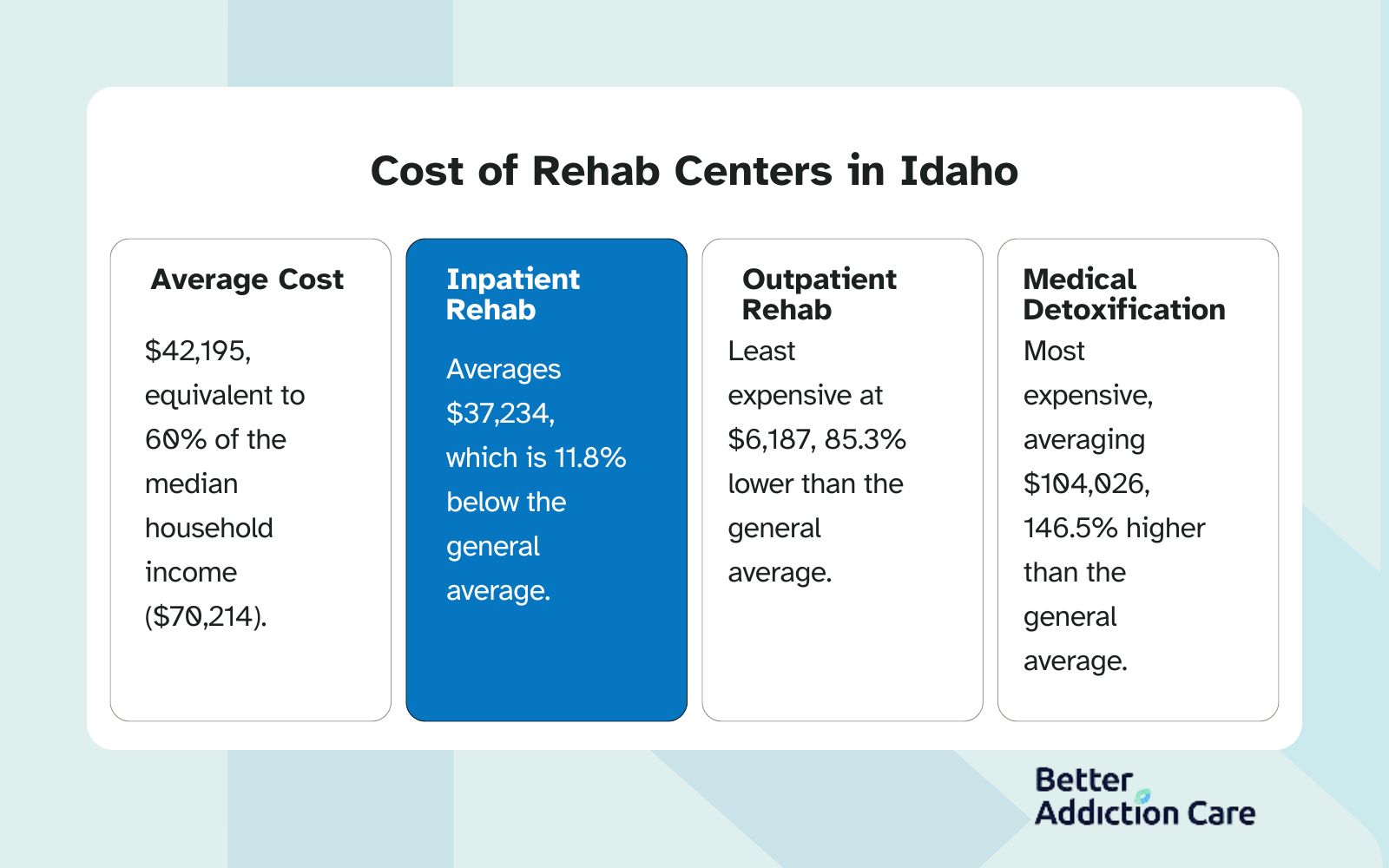
The median household income in Idaho is $70,214. Compared to the cost of rehab centers in Idaho at $42,195, this represents 60% of the annual household income, indicating a substantial financial burden for many families. The type of rehab center also influences costs. Luxury facilities with amenities like pools or fitness centers tend to charge higher fees, while standard centers offer more affordable treatment options.
What is the cost of LGBTQ+ rehab centers in Idaho?
The cost of LGBTQ+ rehab centers in Idaho is $41,195 that equates to 58%. Inpatient rehab averages $37,234, which is $4,961 less than the general average, reflecting an 11.8% decrease. Outpatient programs, which are less intensive, reduce costs to as low as $6,187, a decrease of 85.3% compared to the average.
In Idaho, LGBTQ+ rehab centers provide tailored substance abuse treatment, with average costs aligning closely with general rehab facilities. These specialized centers address unique challenges faced by the LGBTQ+ community, such as discrimination or minority stress, often requiring personalized therapies and inclusive environments, which influence pricing.
Costs of LGBTQ+ rehab centers in Idaho vary significantly based on factors like addiction type and treatment requirements. For instance, medical detoxification for severe substance dependencies increase expenses, sometimes exceeding $104,000, which is 146.5% higher than the average cost. Treatment duration and the inclusion of amenities like support groups or wellness services tailored for LGBTQ+ individual’s further impact affordability.
Idaho's median household income is $70,214, the average cost of LGBTQ+ rehab programs constitutes 58% of annual earnings. This highlights the financial burden such treatments pose for many households. Expenses of LGBTQ+ rehab centers vary with the type of facility, as luxury LGBTQ+ specific centers offering enhanced services tend to charge higher fees than standard inclusive programs.
What is the cost of Faith-Based rehab centers in Idaho?
The cost of Faith-Based rehab centers in Idaho is $40,195 that equates to 57%. Inpatient programs, which offer more intensive care, average $37,234, marking an 11.8% decrease from the general cost. Outpatient services, less comprehensive, cost $6,187, reflecting an 85.3% decrease compared to the average. Faith-based rehab centers in Idaho provide substance abuse treatment centered on spiritual principles and practices. Faith-based centers often incorporate unique elements such as spiritual counseling, religious services, or Bible study sessions, which influence overall expenses.
Costs of Faith-Based rehab centers vary depending on factors like addiction type and treatment requirements. For example, medical detoxification for severe addictions cost as much as $104,026, representing an increase of $61,831 or 146.5% above the average. Treatment length and the inclusion of amenities like spiritual retreats or pastoral counseling further affect affordability.
Idaho's median household income is $70,214, the average cost of faith-based rehab accounts for 57% of annual earnings, presenting a notable financial challenge for many families. Moreover, the type of facility plays a critical role in determining expenses. Luxury faith-based centers with enhanced services and amenities charge higher fees, while standard programs offer more budget-friendly options.
What is the cost of Men-Only rehab centers in Idaho?
The cost of Men-Only rehab centers in Idaho is $38,195 that equates to 54%. Inpatient rehab, which provides structured and intensive care, averages $37,234, representing an 11.8% decrease from the average. Outpatient programs, offering less intensive care, cost $6,187, a significant 85.3% reduction compared to the overall average. Men-only rehab centers in Idaho provide substance abuse treatment tailored specifically to the needs of male clients. These programs often focus on gender-specific issues, such as societal pressures, emotional expression, and relationships, which influence treatment approaches and costs.
Costs of Men-Only rehab centers in Idaho vary based on the type of addiction and treatment required. For instance, medical detoxification, often needed for severe dependencies, is the most expensive option, averaging $104,026. This is $61,831 more than the general average, a 146.5% increase. Treatment duration and additional services tailored to men, such as fitness programs or support groups, also affect costs.
The median household income in Idaho is $70,214. With the average cost of men-only rehab at $38,195, this accounts for 54% of annual income, highlighting a substantial financial burden for many families. Costs of Men-Only rehab centers fluctuate based on the type of facility, with luxury men-only rehab centers offering premium services and accommodations at higher fees, while standard programs provide more affordable options.
What is the cost of Women-Only rehab centers in Idaho?
The cost of Women-Only rehab centers in Idaho is $37,195 that equates to 52.9%. Inpatient rehab programs, which provide structured, intensive care, average $37,234, marking an 11.8% decrease from the general cost. Outpatient programs, offering less intensive treatment, cost $6,187, reflecting an 85.3% decrease compared to the average. Women-only rehab centers in Idaho offer specialized substance abuse treatment focusing on the unique needs of women, including issues related to trauma, motherhood, and societal pressures. Women-Only rehab centers include gender-specific therapies and support groups, which influence pricing.
Costs of Women-Only rehab centers in Idaho vary significantly based on the type of addiction and treatment required. Medical detoxification, often essential for severe dependencies, is the most expensive option, costing $104,026. This represents an increase of $61,831, or 146.5% above the average. Additional factors, such as program length and amenities tailored to women, including childcare services or trauma-focused therapy, further affect costs.
Idaho’s median household income is $70,214, the average cost of women-only rehab constitutes 52.9% of annual earnings, highlighting the financial challenge for many families. Costs of Women-Only rehab centers vary depending on the type of facility, with luxury women-only centers offering premium services and accommodations at higher fees, while standard programs provide more affordable care options.
What is the cost of Teen rehab centers in Idaho?
The cost of Teen rehab centers in Idaho is $42, 000 that equates to 59%. Inpatient rehab programs, offering structured and immersive care, cost $37,234, marking an 11.8% decrease from the average. Outpatient programs, which are less intensive, cost $6,187, reflecting an 85.3% decrease compared to the average. Teen rehab centers in Idaho provide specialized substance abuse treatment tailored to the unique needs of adolescents, focusing on age-appropriate therapies and support. These centers often address issues like peer pressure, family dynamics, and academic challenges, which influence treatment approaches and costs.
Costs of Teen rehab centers vary significantly based on the type of addiction and the treatment required. For instance, medical detoxification, often needed for severe dependencies, is the most expensive option, averaging $104,026. This represents an increase of $61,831 or 146.5% above the general average. Additional factors, such as the length of treatment and specialized services for teens, like academic support or counseling, further impact costs.
Idaho’s median household income is $70,214, the average cost of teen rehab represents 59% of annual earnings, posing a significant financial challenge for many families. Costs of Teen rehab centers vary depending on the type of facility, with luxury teen rehab centers offering premium services at higher fees, while standard programs provide more affordable care options.
What is the cost of Young Adult rehab centers in Idaho?
The cost of Young Adult rehab centers in Idaho is $40,195 that equates to 57%. Inpatient programs, which provide immersive and structured care, average $37,234, marking an 11.8% decrease from the overall cost. Outpatient programs, often less intensive, cost $6,187, reflecting an 85.3% decrease compared to the average. Young adult rehab centers in Idaho focus on providing substance abuse treatment tailored to individuals in their late teens to early thirties. These programs often address issues specific to this age group, such as transitioning to independence, career pressures, and peer influences.
Costs of Young Adult rehab centers vary significantly depending on the type of addiction and treatment required. Medical detoxification, necessary for severe dependencies, is the most expensive option, averaging $104,026. This represents an increase of $61,831 or 146.5% above the general average. Additional factors, such as treatment duration and specialized services like career counseling or group therapy for young adults, further affect pricing.
Idaho’s median household income is $70,214, the average cost of young adult rehab constitutes 57% of annual earnings, posing a significant financial challenge for many families. Costs of Young Adult rehab centers vary by facility type, with luxury young adult rehab centers offering premium services and amenities at higher fees, while standard programs provide more affordable care options.
What is the cost of Luxury Rehab centers in Idaho?
The cost of Luxury Rehab centers in Idaho is $75,000 that equates to 95%, on average between $60,000 and $90,000, over a 30-day period. Inpatient programs, which combine structured care with luxury accommodations, average $37,234, reflecting an 11.8% decrease from Idaho's average. Outpatient luxury programs, often less intensive but still offering premium services, cost $6,187, an 85.3% reduction compared to the overall average. Luxury rehab centers in Idaho cater to individuals seeking high-end treatment environments, offering premium amenities such as private rooms, gourmet meals, fitness centers, and holistic therapies.
The cost of luxury rehab varies significantly but ranges from a few hundred to several thousand dollars per day, substantially higher than Idaho’s average rehab cost of $42,195. The type of addiction and treatment required further influence expenses. For example, medical detoxification, often necessary for severe dependencies, is the most expensive option, costing an average of $104,026, which is $61,831 or 146.5% above the general average.
Idaho’s median household income is $70,214, the cost of a 30-day luxury rehab program, ranging from $60,000 to $90,000, represents 85% to 128% of annual earnings. Costs of luxury rehab vary depending on the type of facility, as luxury rehab centers with extensive amenities and personalized services typically charge significantly more than standard programs.
What is the cost of Dual Diagnosis rehab centers in Idaho?
The cost of Dual Diagnosis rehab centers in Idaho is $40,000 that equates to 56.9%, often exceeding this amount due to the need for specialized therapies, psychiatric care, and medications. Inpatient programs, which provide immersive and structured care, cost $37,234, reflecting an 11.8% decrease from the average. Outpatient dual diagnosis programs, which offer less intensive care, cost $6,187, a significant 85.3% reduction compared to the overall average. Dual diagnosis rehab centers in Idaho specialize in treating individuals with both substance use disorders and co-occurring mental health conditions. These centers provide integrated care, which makes treatment more comprehensive and costly.
The type of addiction and the specific co-occurring disorder affect the cost. For instance, medical detoxification for severe substance dependencies is one of the most expensive components, averaging $104,026. This is $61,831 higher than the general average, representing a 146.5% increase. The inclusion of mental health therapies, medication management, and longer treatment durations further increase costs.
Idaho’s median household income is $70,214, the average dual diagnosis rehab cost constitutes 56.9% of annual earnings, highlighting the financial burden for many families. Costs of Dual Diagnosis rehab centers also vary based on the type of facility, with luxury dual diagnosis centers offering premium services at higher fees, while standard programs provide more budget-friendly options for integrated care.
Is drug abuse and addiction a problem in Idaho?
Yes, Drug abuse and addiction is a problem in Idaho, with various statistics highlighting the severity of the problem. Overdose deaths have been on the rise, with fentanyl and other synthetic opioids involved in 52% of all overdose fatalities in 2024. Between 2022 and 2024, overdose deaths related to fentanyl increased 8.6 times, while methamphetamine-related deaths rose 4.4 times between 2021 and 2024. The 2023-2024 National Survey on Drug Use and Health revealed high rates of substance addiction among Idaho residents aged 12 and older, emphasizing the widespread impact of drug abuse in the state of Idaho. The Idaho Department of Health and Welfare reported that 93% of drug-induced deaths in 2024 were due to overdoses, with drug-induced death rates rising by 30%. These trends illustrate the growing public health crisis posed by substance abuse and the urgent need for prevention and treatment programs in Idaho.
Is alcoholism a problem in Idaho?
Yes, Alcoholism is a problem in Idaho. 16% of Idaho adults aged 18 and over report binge drinking at least once per month, with a median of 5.8 drinks per binge, while the top 25% of binge drinkers consume a median of 9.1 drinks. The impact of excessive alcohol use extends to mortality, with Idaho averaging 700 alcohol-related deaths annually between 2022 and 2024. These deaths include those fully attributable to alcohol, such as alcohol poisoning, and those partially related, including motor vehicle crashes and alcohol-associated diseases. The economic toll is equally severe; in 2021, Idaho reported 437 deaths and 12,311 years of potential life lost due to excessive alcohol use, contributing to the broader U.S. economic burden of $249.0 billion. These statistics underscore the significant and growing challenge of alcoholism in Idaho, emphasizing the need for robust prevention and intervention programs.
Is Mental Health a problem in Idaho?
Yes, mental health is a problem in Idaho, with several alarming trends underscoring the scope of the issue. 311,000 adults in Idaho experience a mental health condition, a figure more than 2.5 times the population of Meridian, the state of Idaho’s second-largest city. Despite this, over 1.2 million Idaho residents live in areas with insufficient mental health professionals, leaving 45.2% of adults with mental health conditions unable to access necessary care due to cost barriers. Suicide rates further illustrate the crisis, with 444 suicide deaths reported in 2024, a 43.2% increase over the past two decades. These statistics emphasize the urgent need for improved mental health care access and effective intervention strategies in the state of Idaho.
Can you travel to Idaho for rehab?
Yes, you can travel to Idaho for rehab is an excellent option due to several unique advantages. Idaho’s stunning natural landscapes, including mountains, rivers, and forests, offer a serene and peaceful environment that supports recovery. Outdoor activities such as hiking, fishing, and nature walks provide therapeutic benefits, reducing stress and promoting mental well-being. Idaho also boasts a wide range of specialized rehab programs tailored to diverse needs, including dual diagnosis, LGBTQ+, teen, and faith-based recovery options. These specialized programs ensure individuals find treatments suited to their unique circumstances. Idaho is known for offering more affordable rehab services compared to many other states, making high-quality care accessible while managing financial concerns. This combination of natural beauty, tailored programs, and cost-effective care makes Idaho a compelling destination for recovery.
Can addiction be treated in Idaho?
Yes, addiction can be treated in Idaho, thanks to Idaho's robust resources and supportive environment. Idaho provides a diverse range of treatment options, including inpatient, outpatient, dual diagnosis, faith-based programs, and specialized care for teens and LGBTQ+ individuals, ensuring personalized approaches to recovery. Idaho is home to numerous rehab centers staffed by qualified professionals experienced in addiction treatment, offering services such as therapy, medical detoxification, and counseling to support individuals throughout their recovery journey.
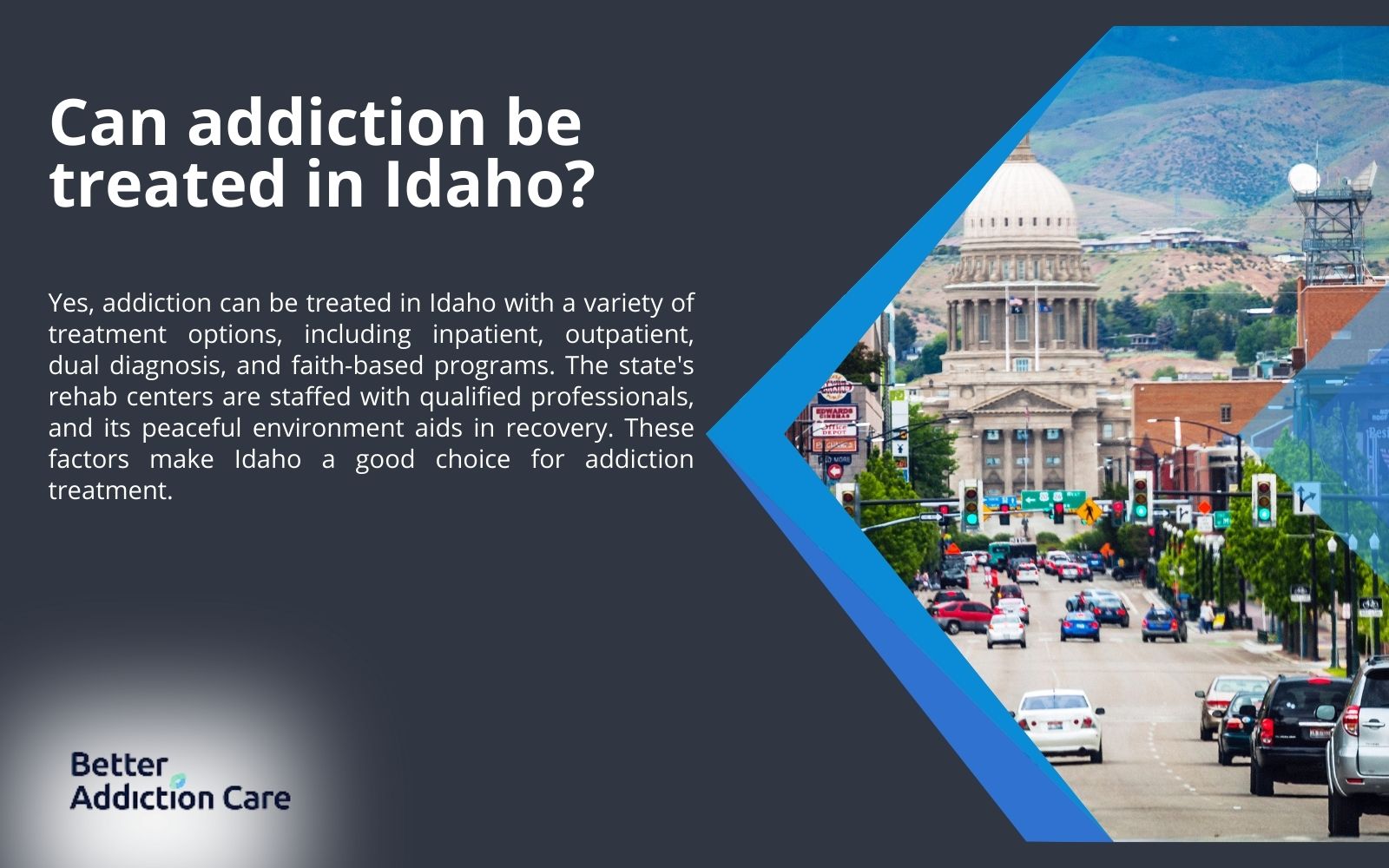
Idaho’s tranquil natural surroundings create a therapeutic environment that promotes stress reduction and mental clarity, both essential for achieving long-term sobriety. These combined factors make Idaho an excellent choice for addiction treatment.
What is the state of Idaho?
The state of Idaho is located in the northwestern region of the United States. As of the latest census, Idaho has a population of 1.9 million people, with nearly equal representation between males (49.9%) and females (50.1%).
Geographically, Idaho shares borders with six states: Montana to the northeast, Wyoming to the east, Nevada and Utah to the south, Oregon to the west, and Washington to the northwest. It also has a small international border with the Canadian province of British Columbia to the north.
Economically, Idaho is considered a moderately wealthy state, with a median household income of $70,214, which is slightly below the national median. Idaho’s economy is primarily driven by agriculture, manufacturing, and technology, with significant contributions from industries such as food processing, lumber, and semiconductor manufacturing. While it has a lower cost of living compared to many other states, Idaho also faces challenges like income inequality and limited access to services in rural areas, which impact overall wealth distribution.
What is the population of Idaho?
The population of Idaho is 1.9 million people, with a nearly equal gender distribution—males make up 50.3% of the population, while females account for 49.7%. The population is spread across various age groups, with 6.5% under the age of 5, 13.2% aged 5 to 14, and 13.4% aged 15 to 24. Those aged 25 to 34 represent 12.9%, while the 35 to 44 age group accounts for 13.2%. Individuals aged 45 to 54 makeup 11.8%, those 55 to 64 comprise 12.1%, and residents aged 65 and older represent 16.9% of the population. This demographic distribution highlights a balanced spread across age groups, with notable portions in the younger and older age brackets. The senior population, at 16.9%, reflects a significant segment in or approaching retirement age.
What is the income of people from Idaho?
The income of people from Idaho is $34,919, per capita, while the median household income stands at $70,214. Income by age group shows that individuals under 25 years have a median income of $47,143, while those aged 25 to 44, 45 to 64, and 65 and over share a median income of $70,214. Gender disparities are evident, with males earning a median income of $42,473 compared to $26,408 for females among all workers aged 15 and older. For full-time, year-round workers, males earn a median income of $58,067, while females earn $44,107. These figures highlight both income levels and disparities across age and gender in Idaho.





